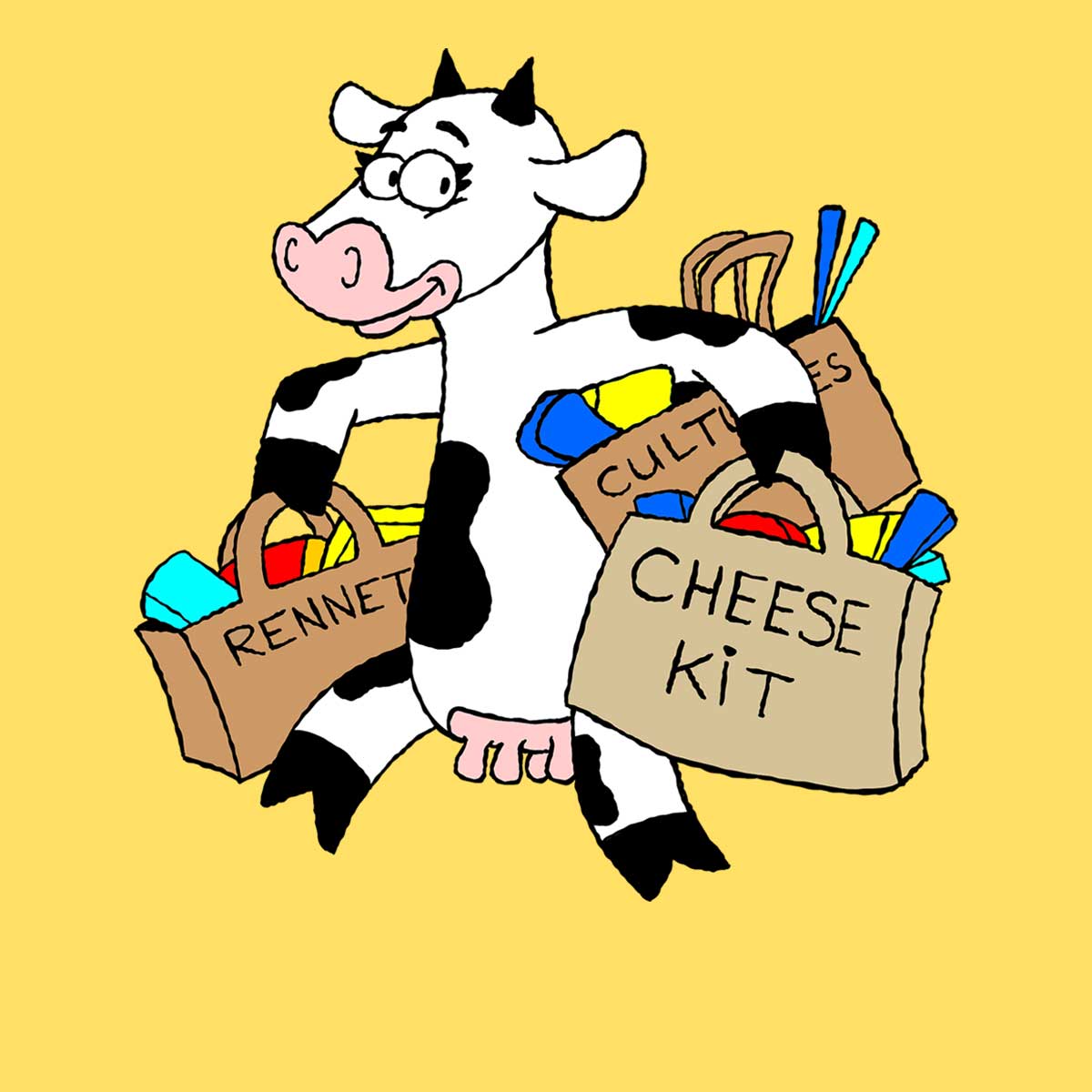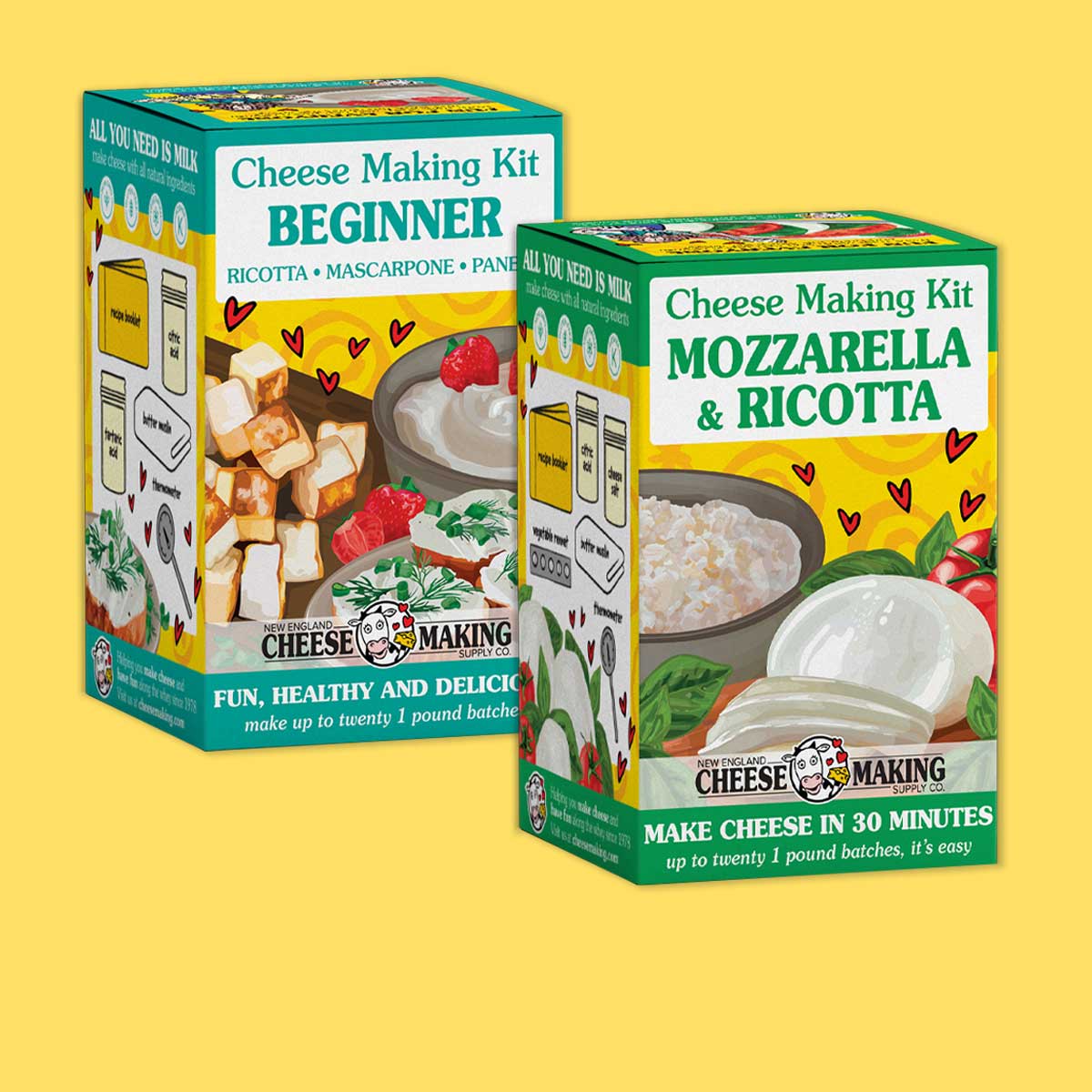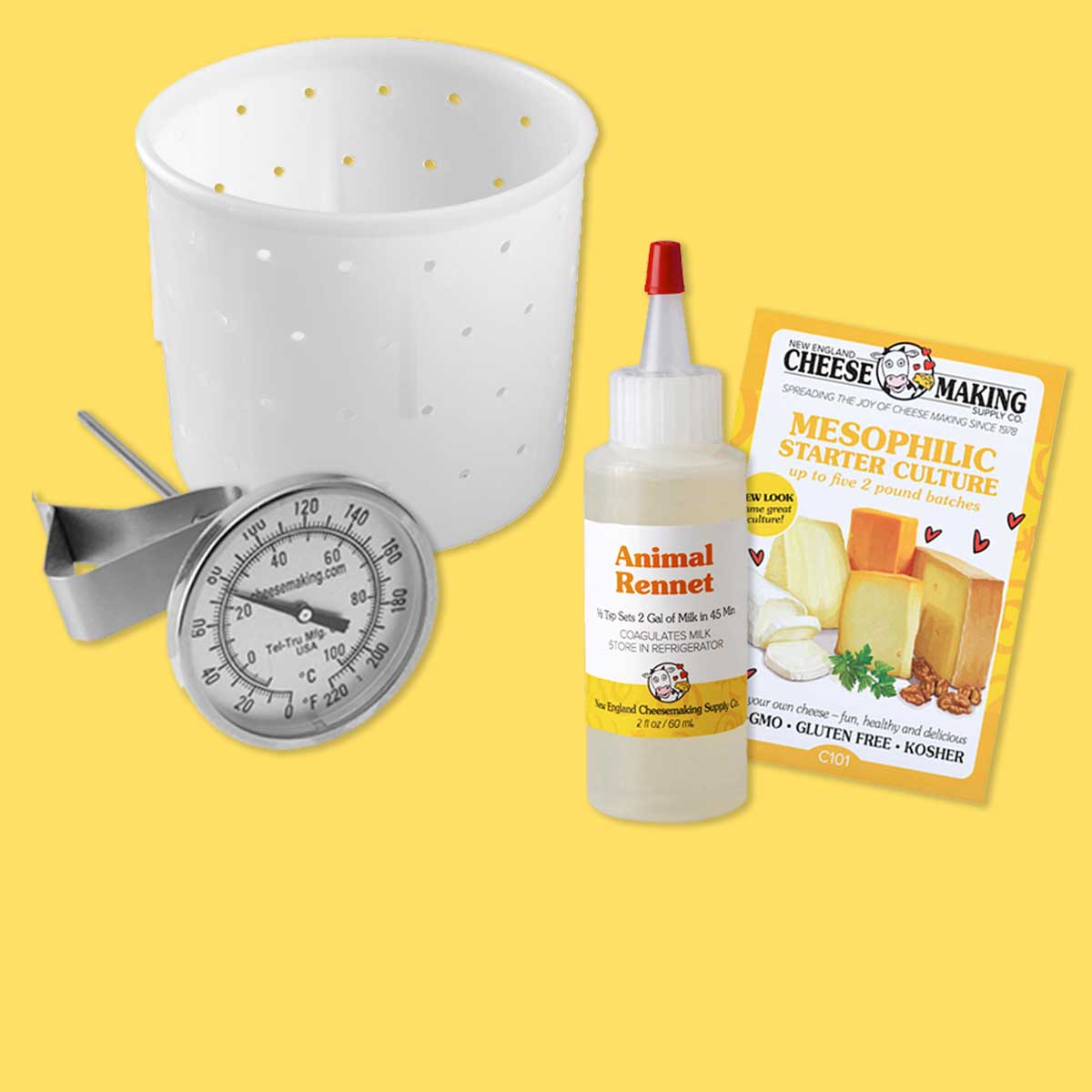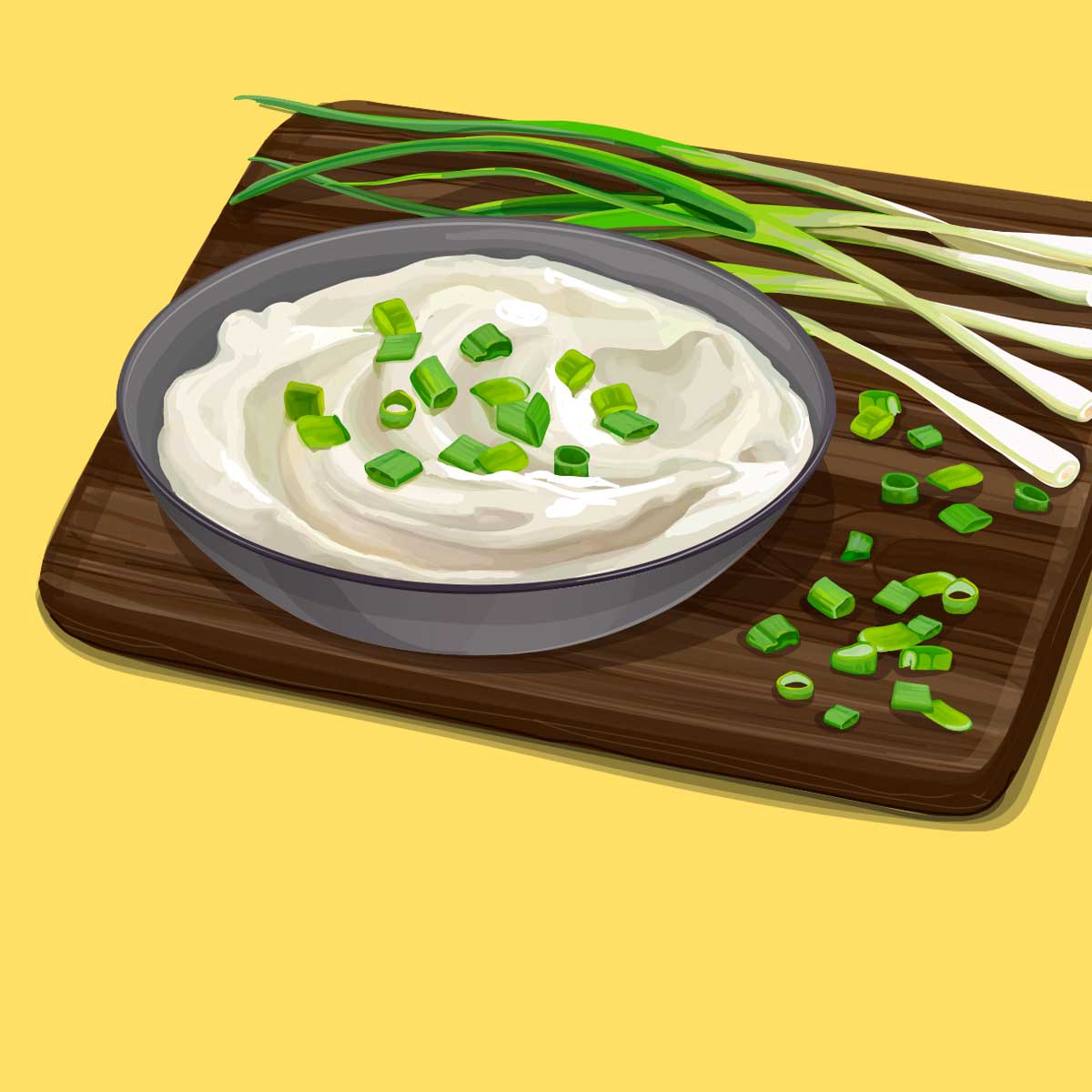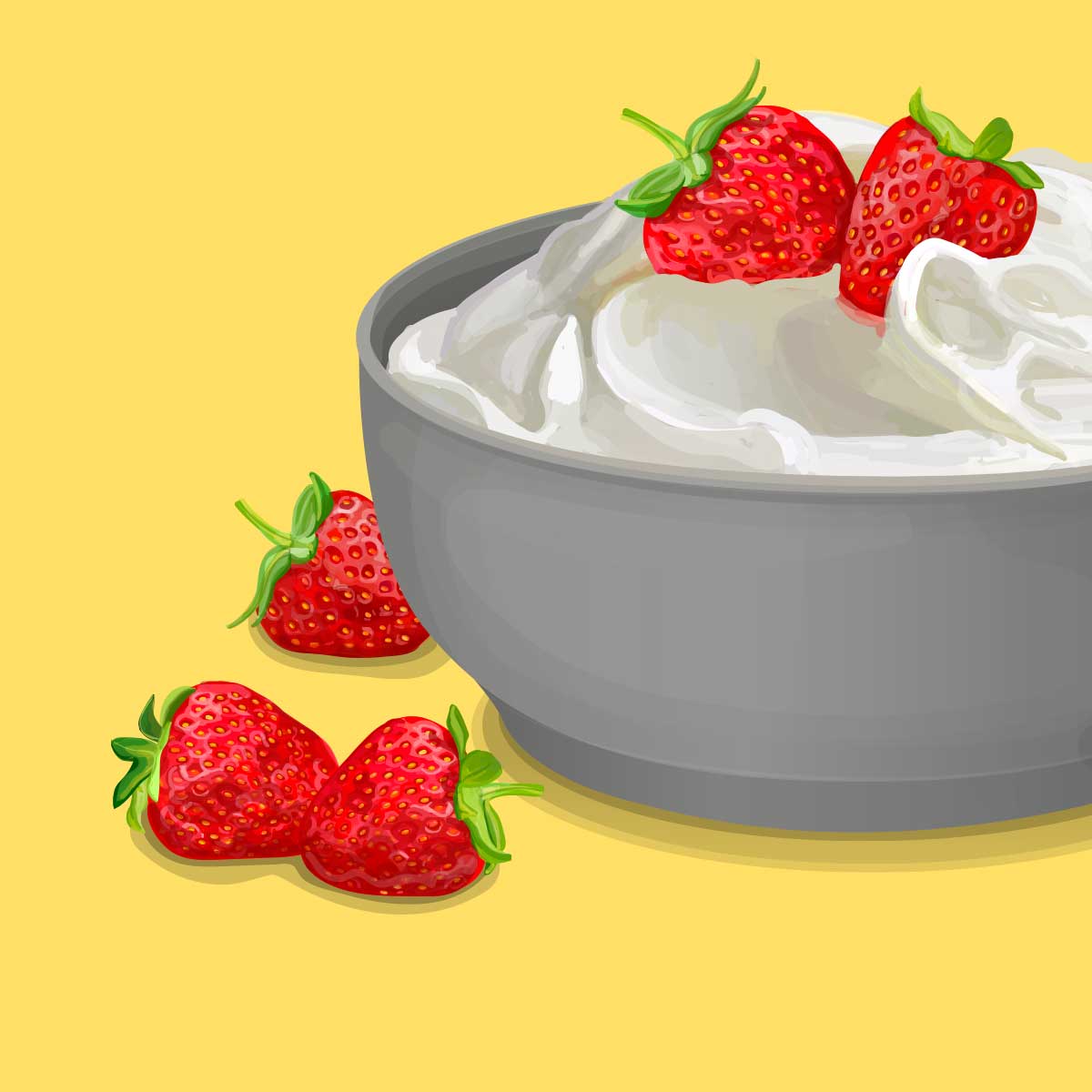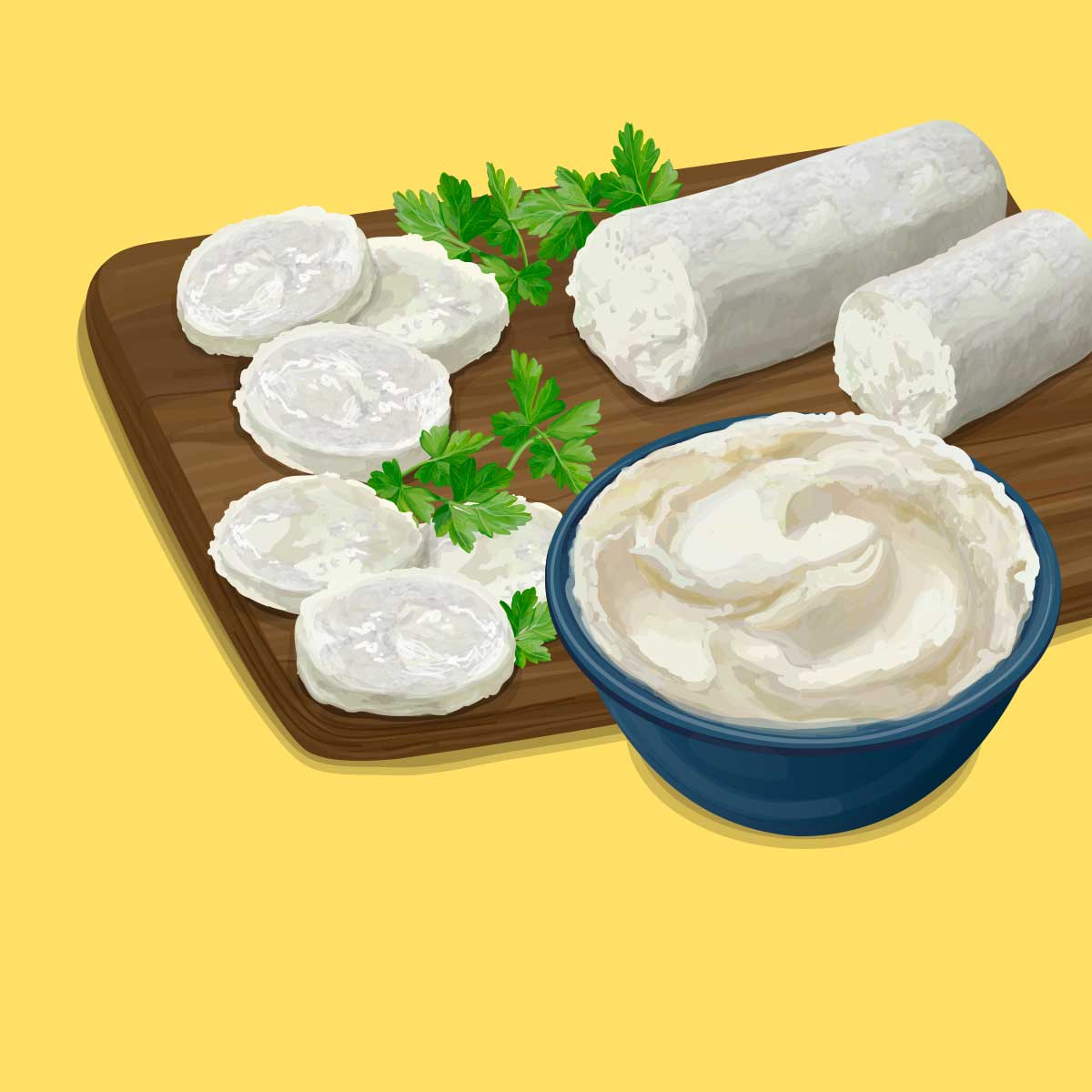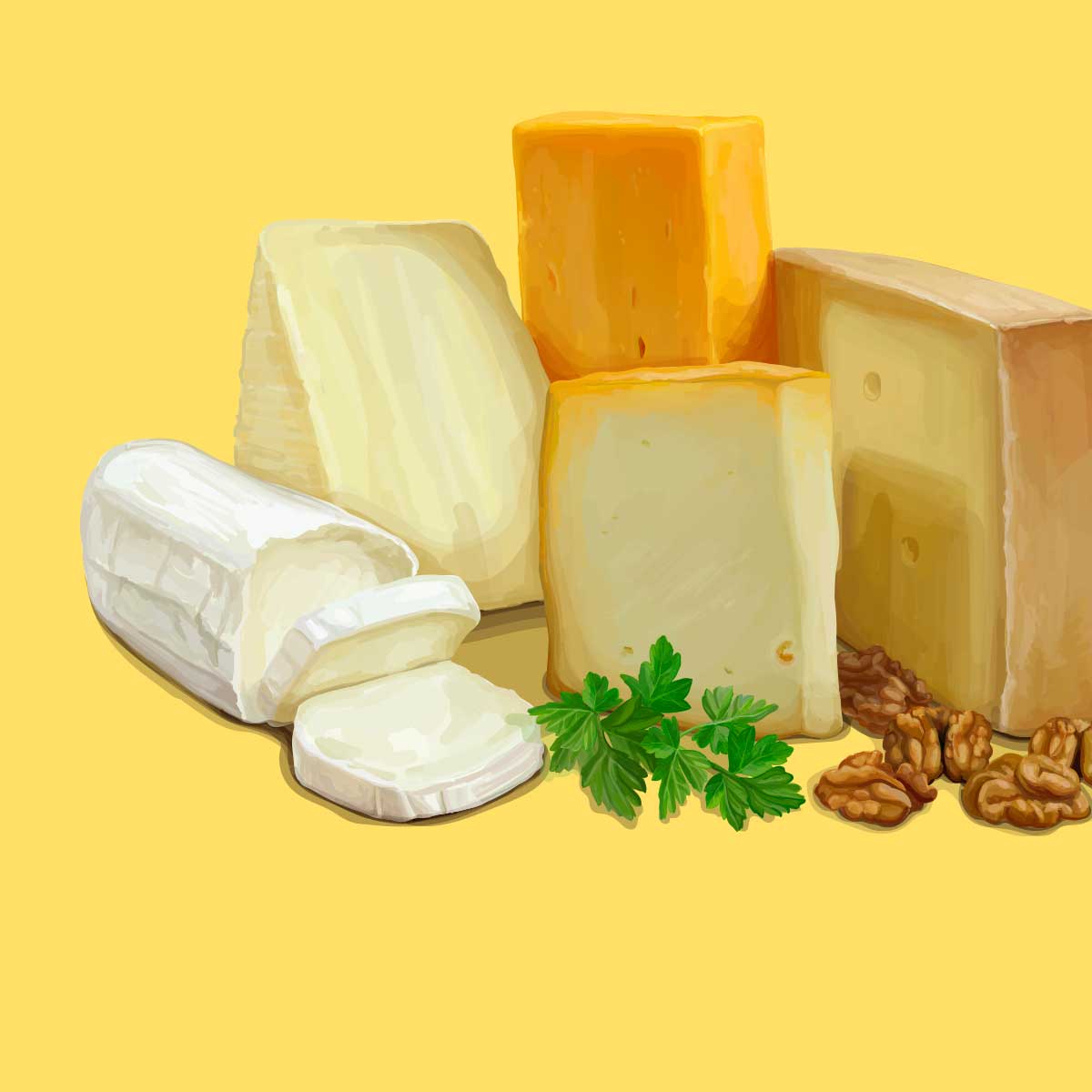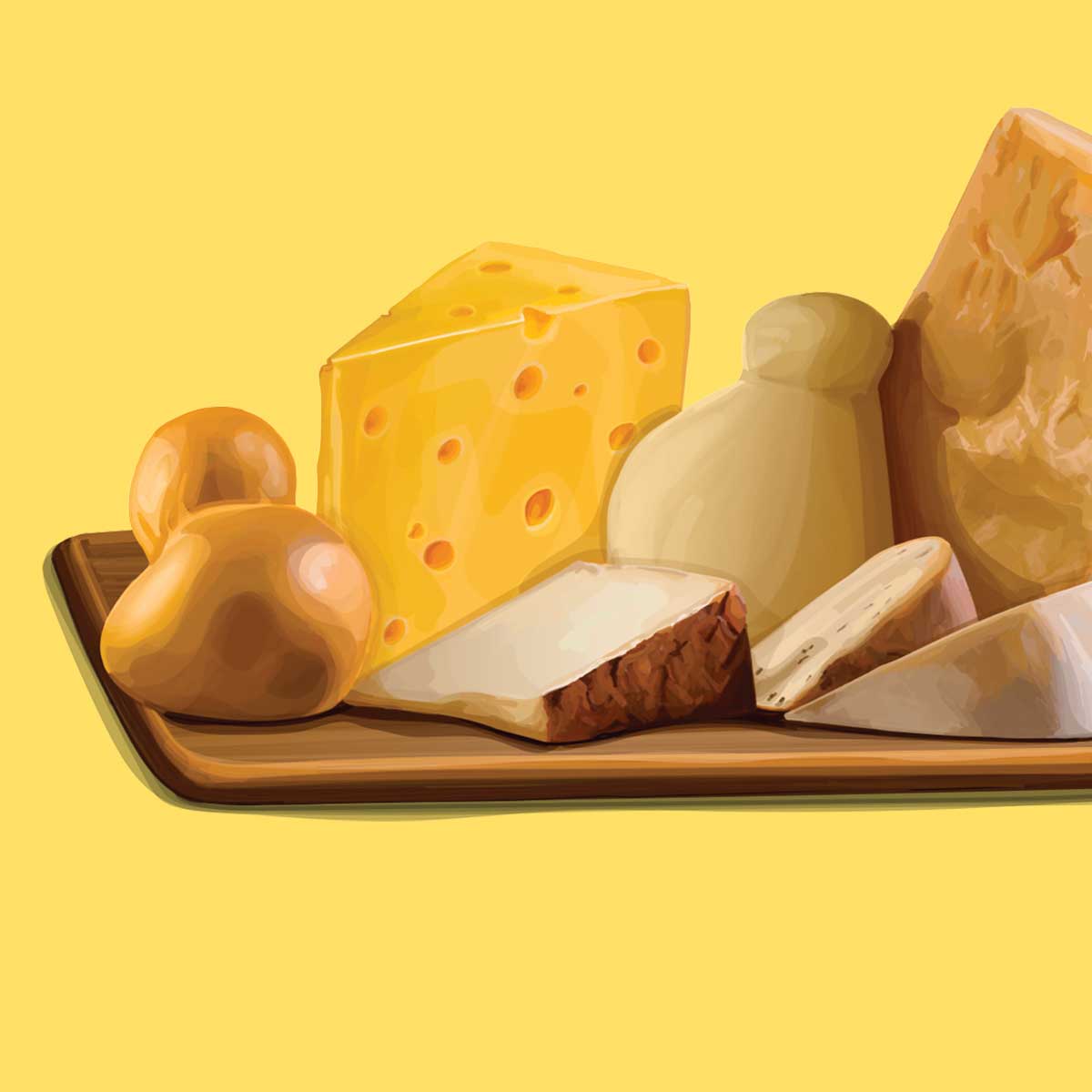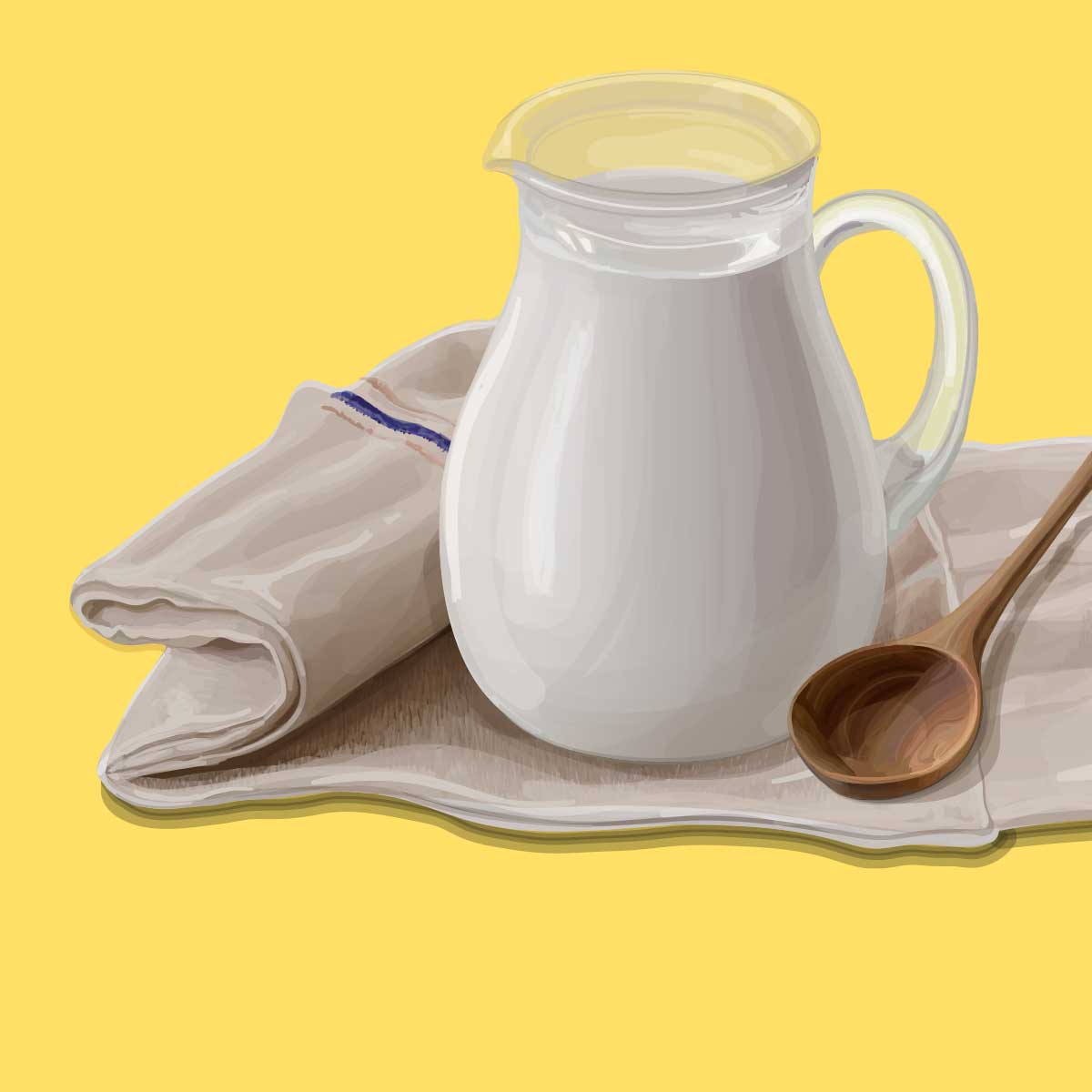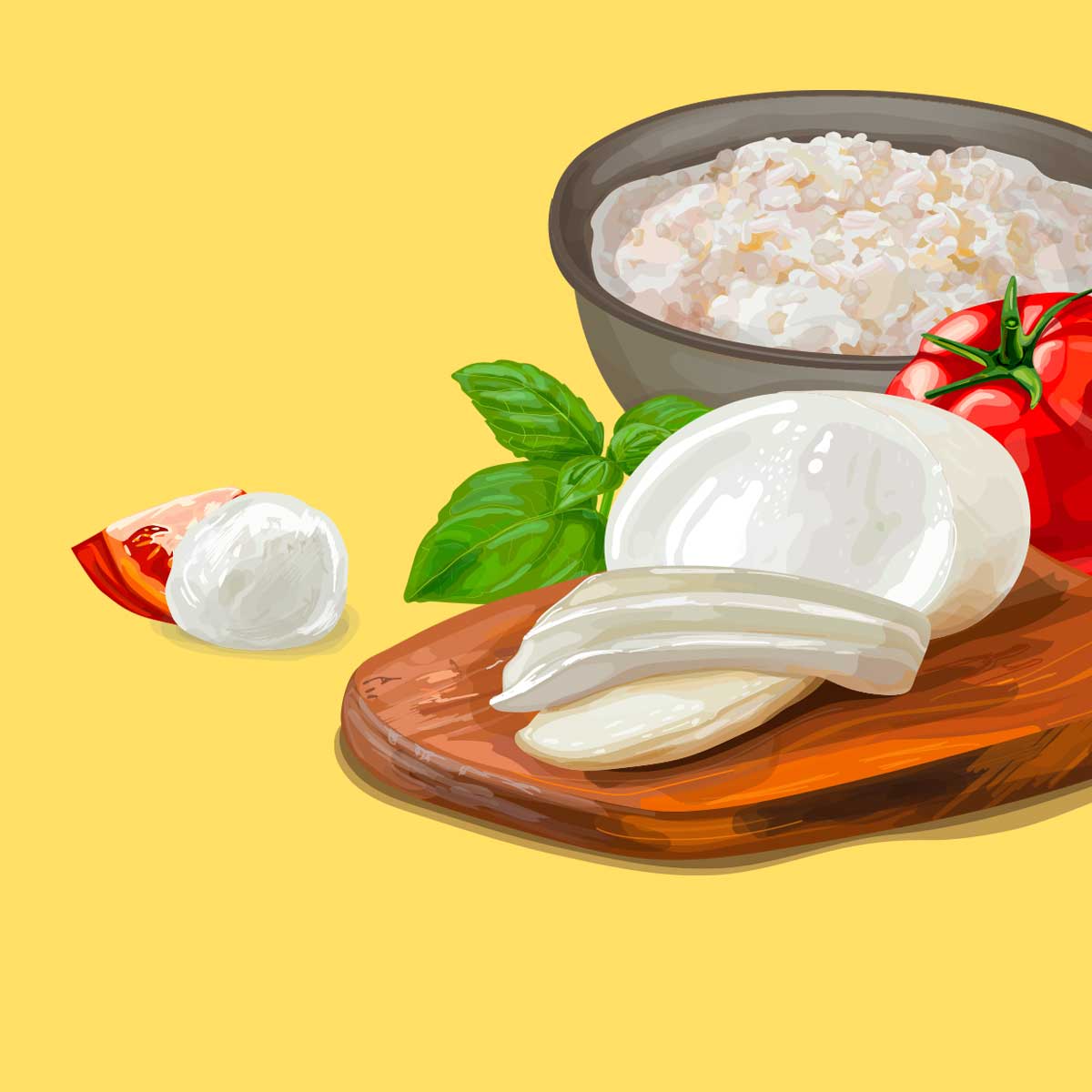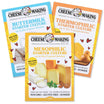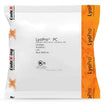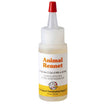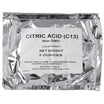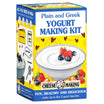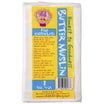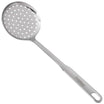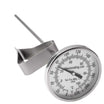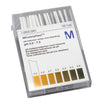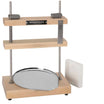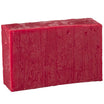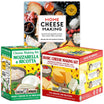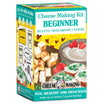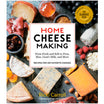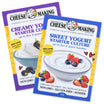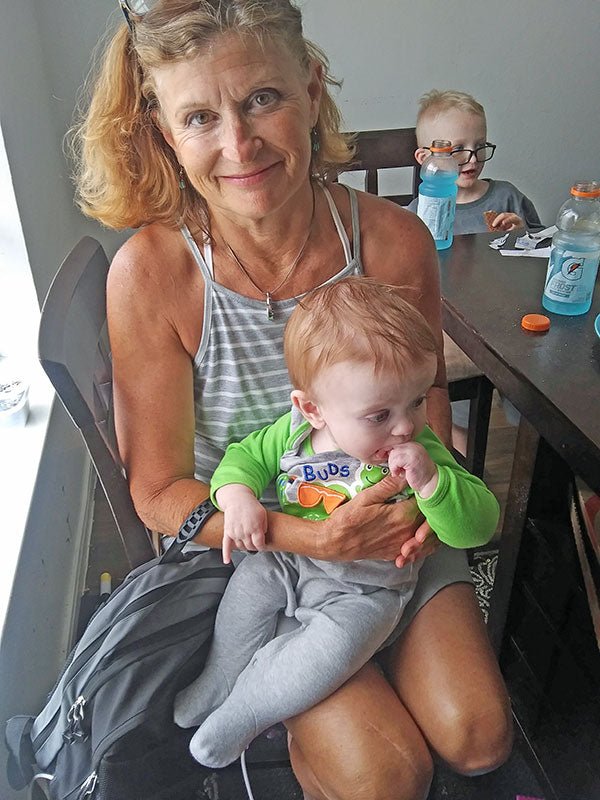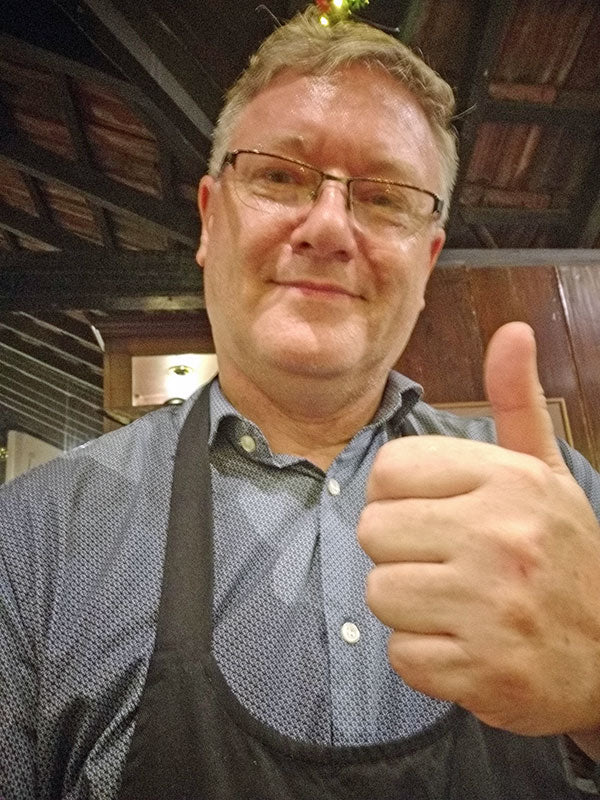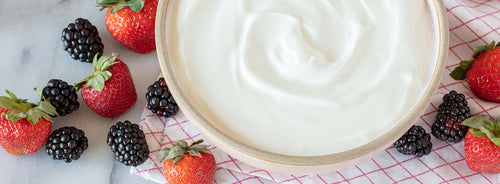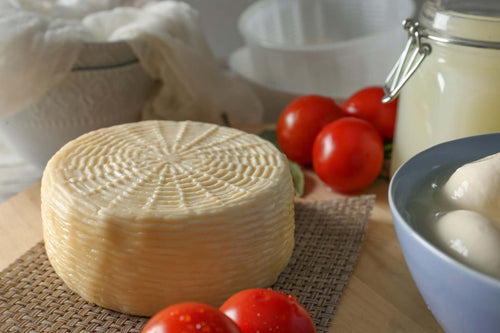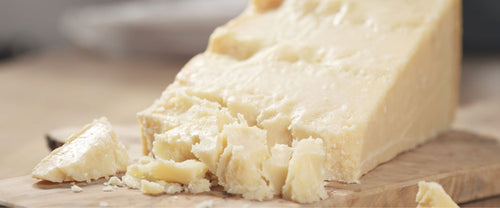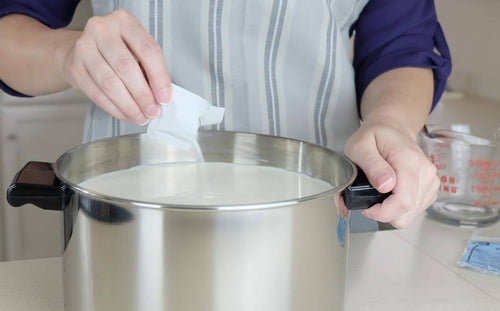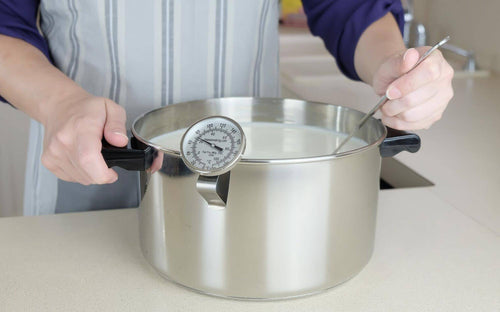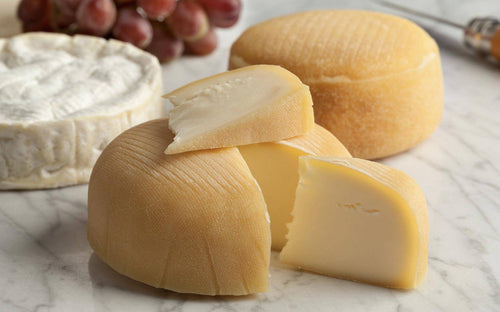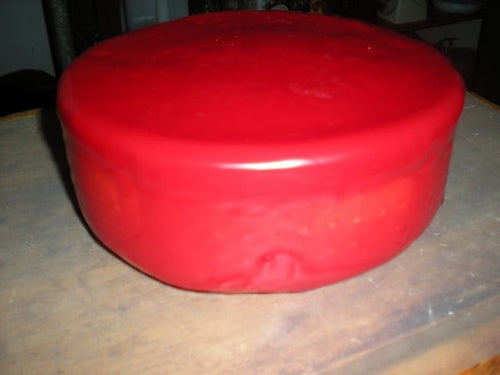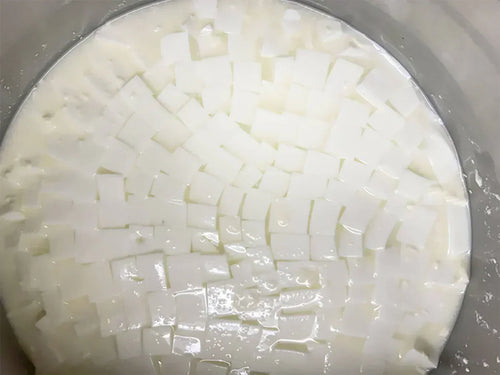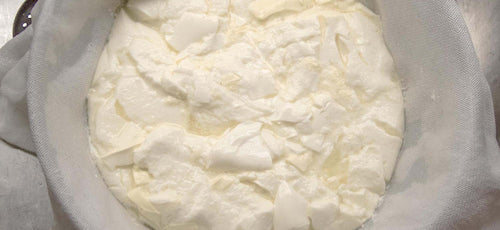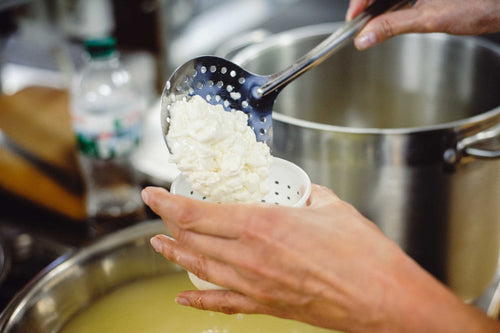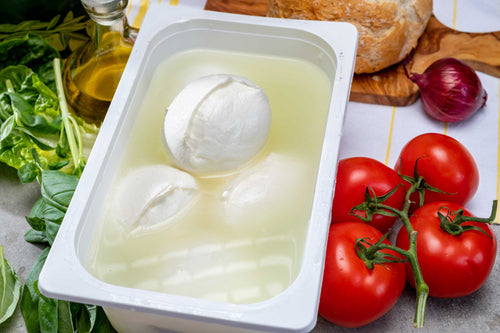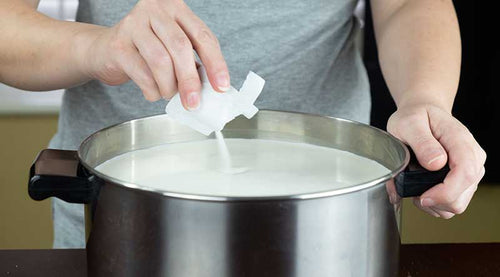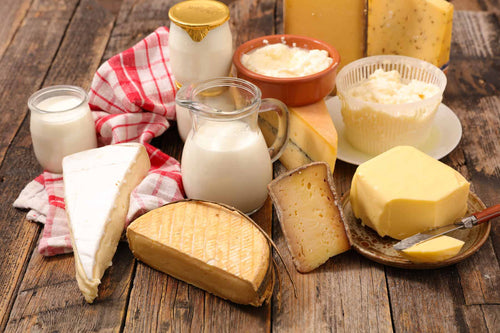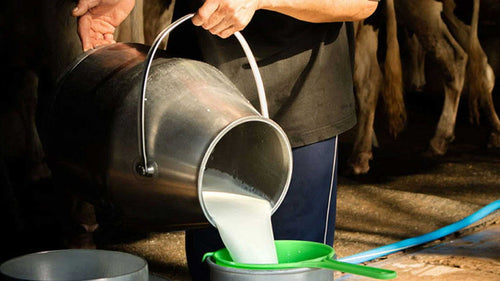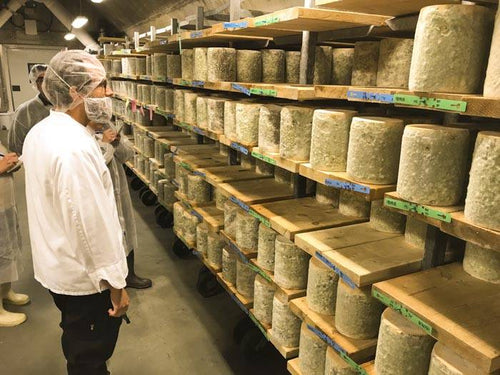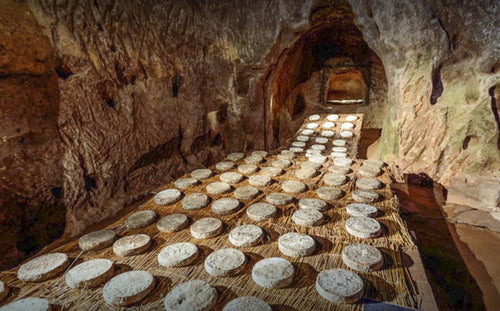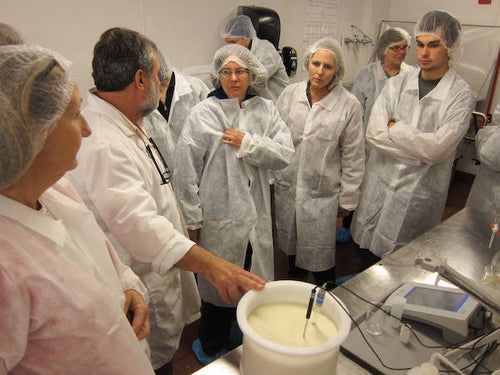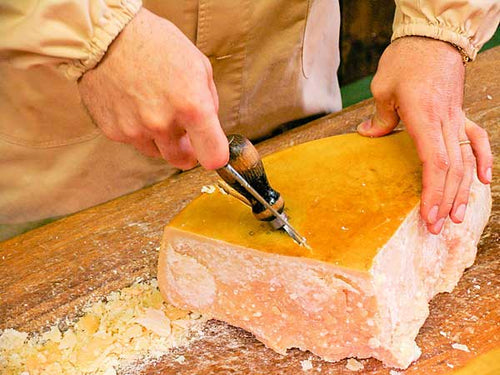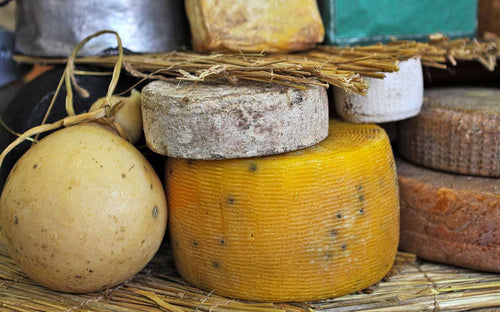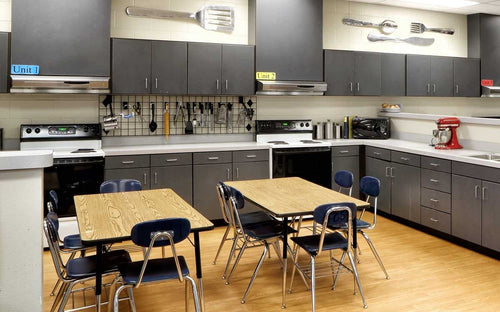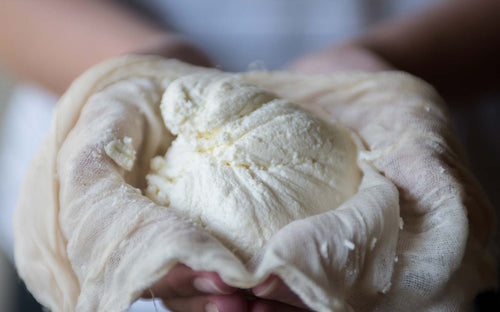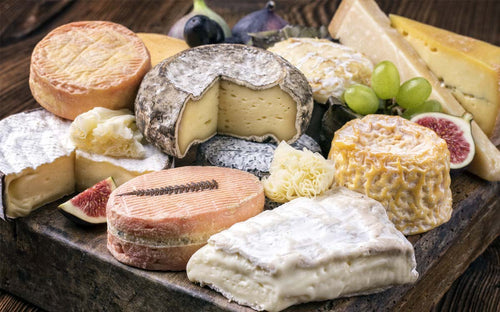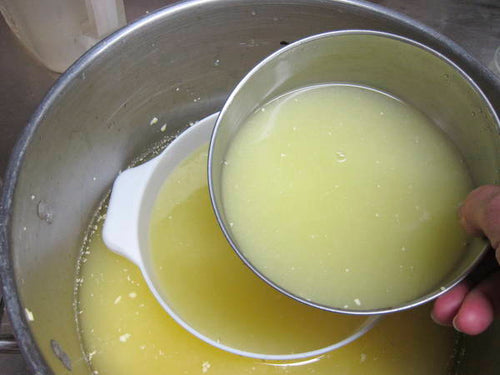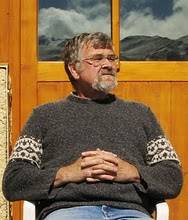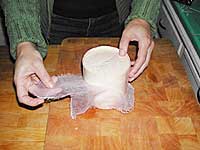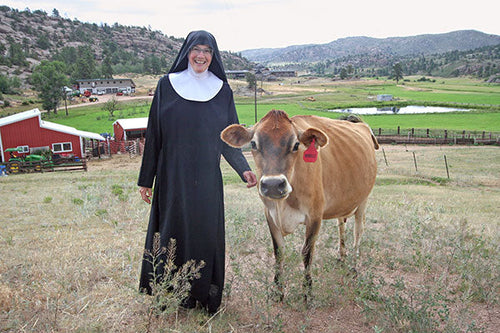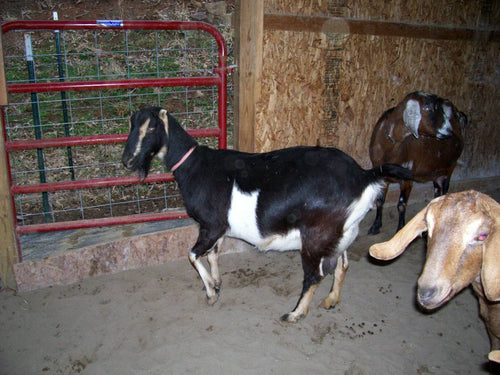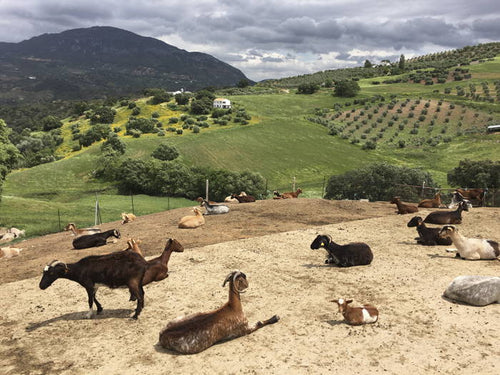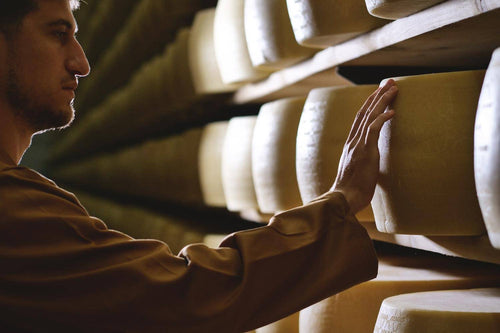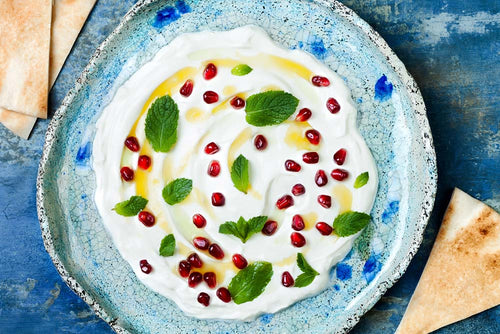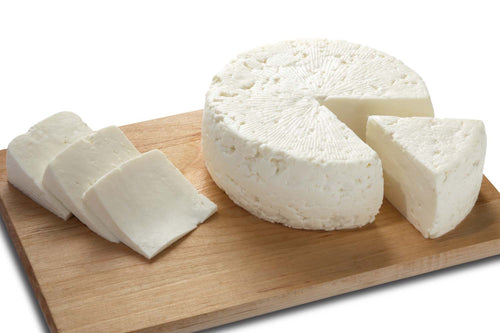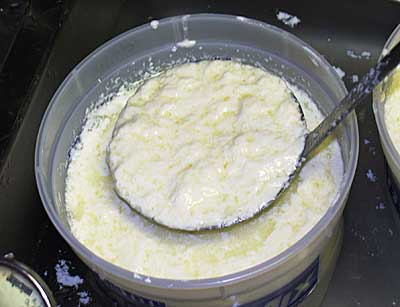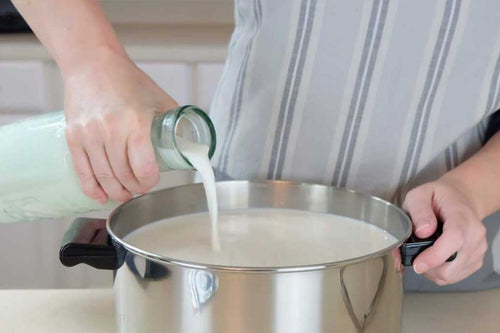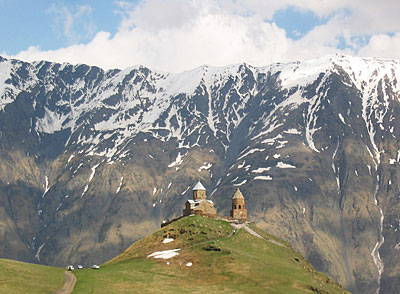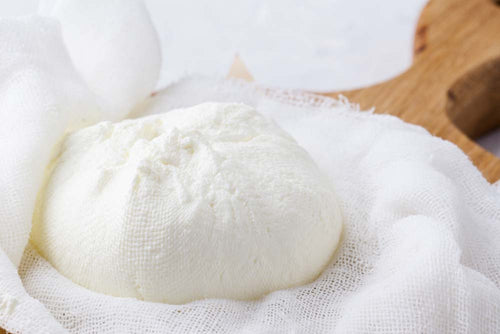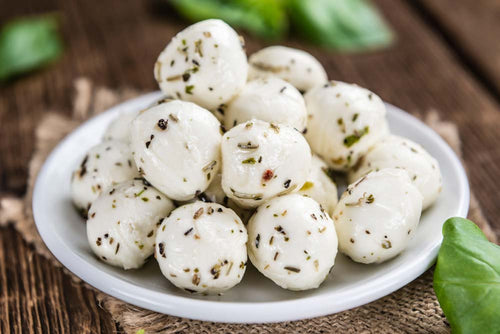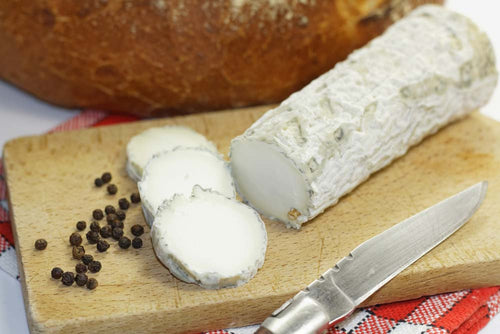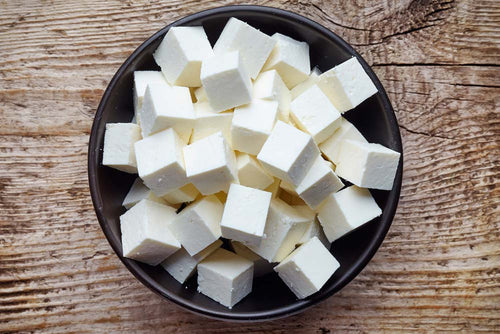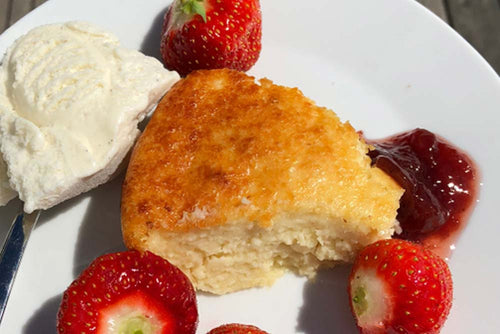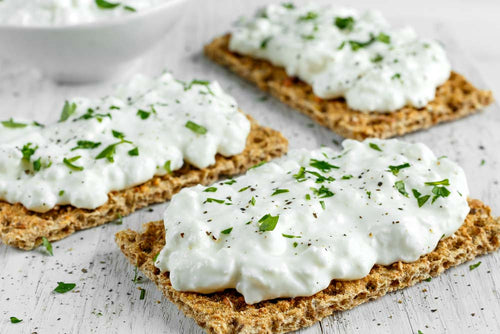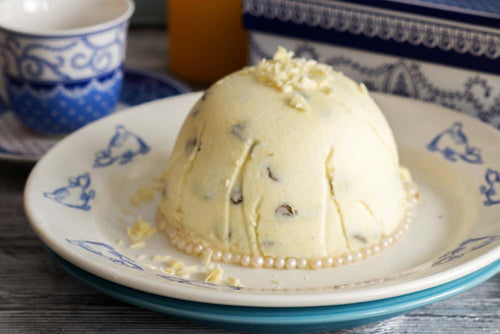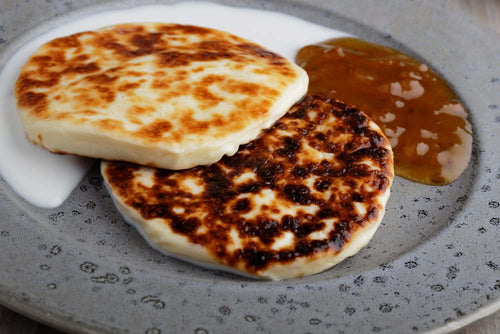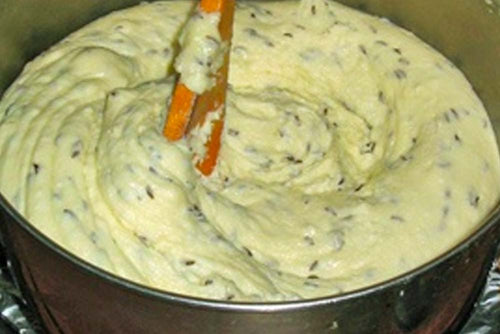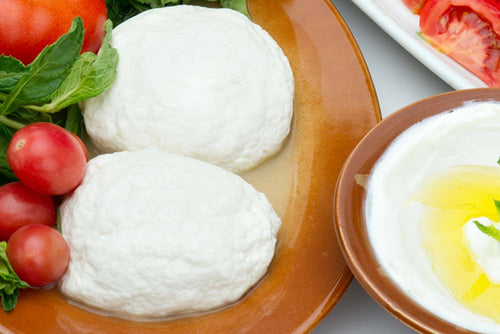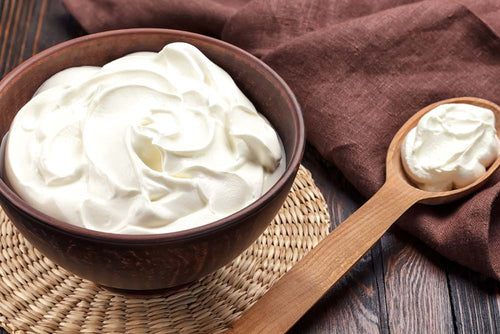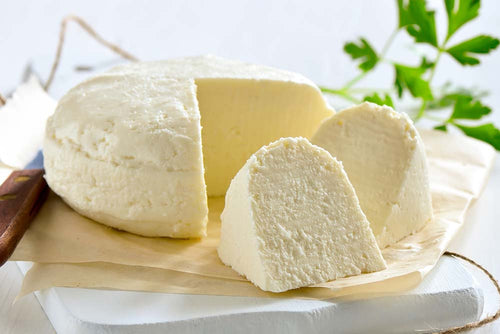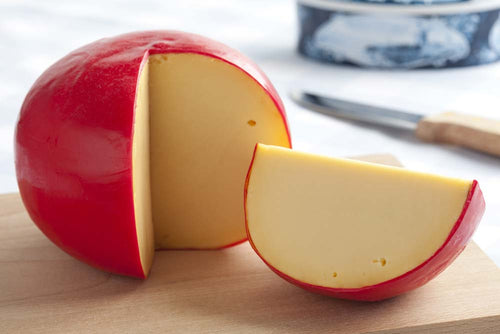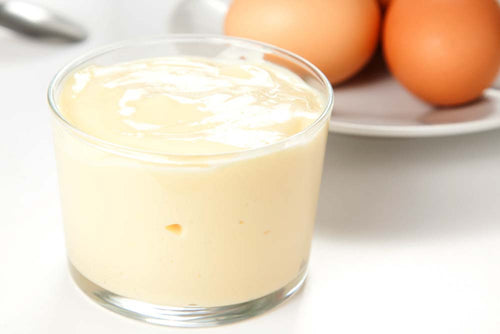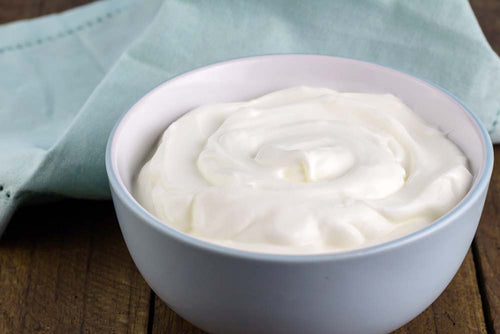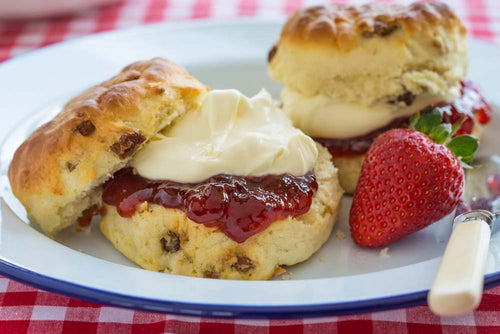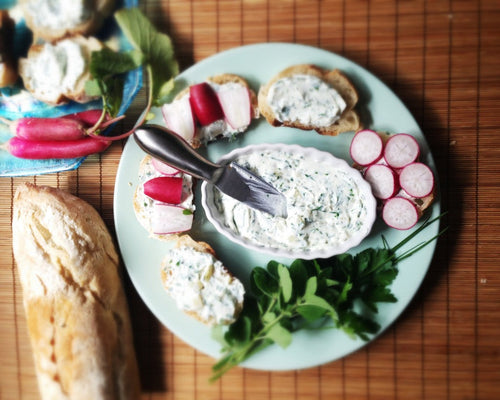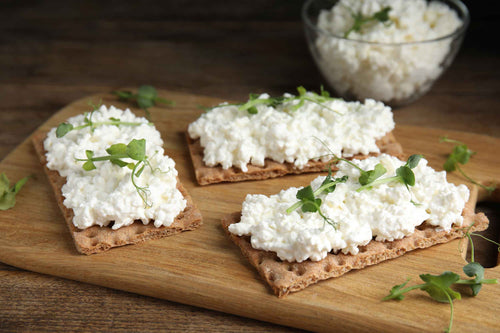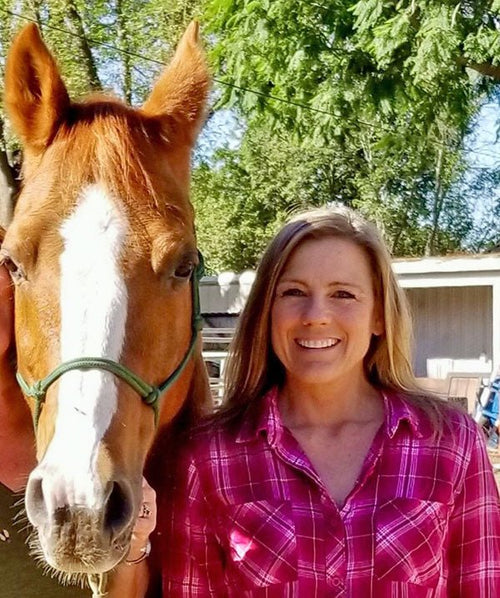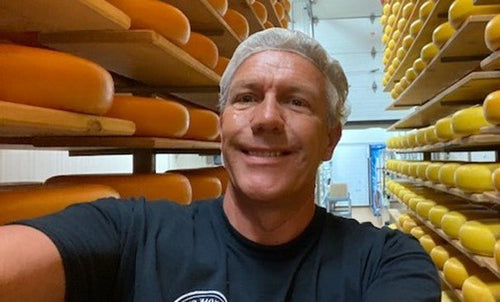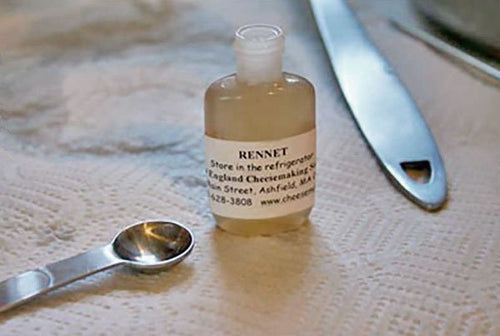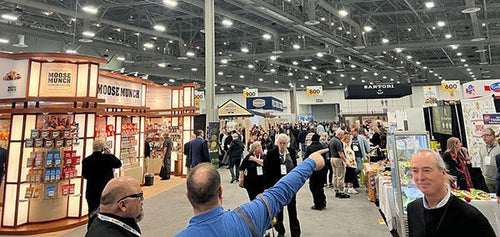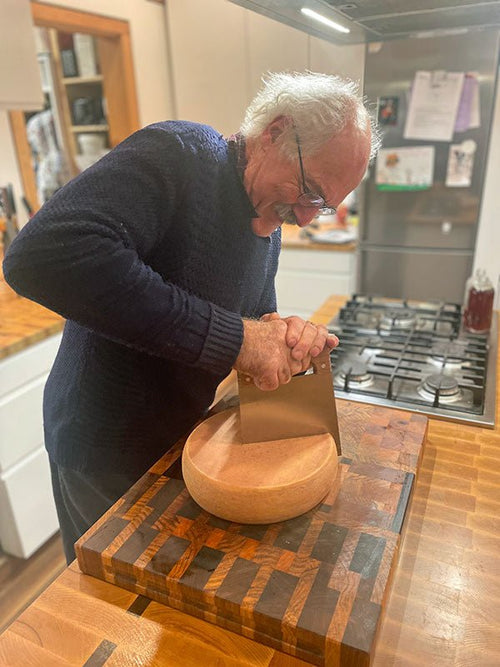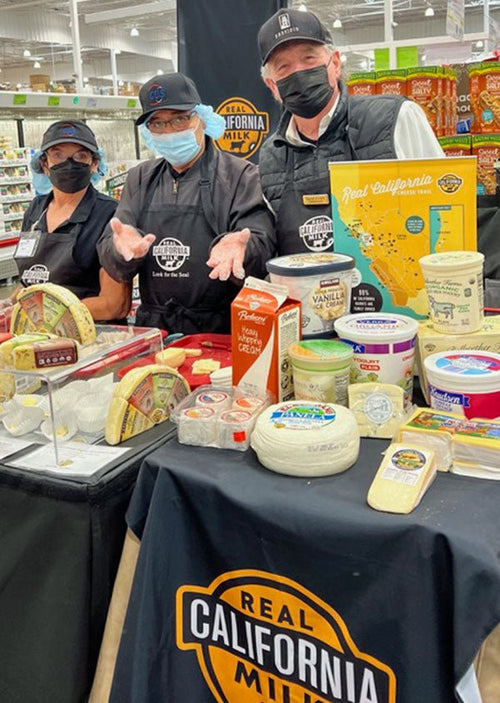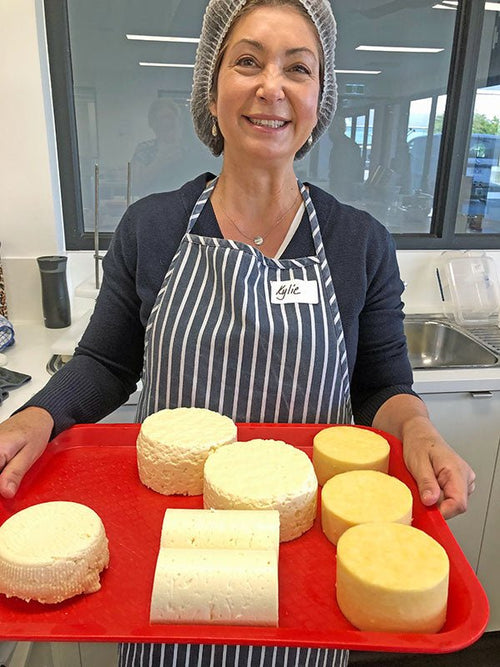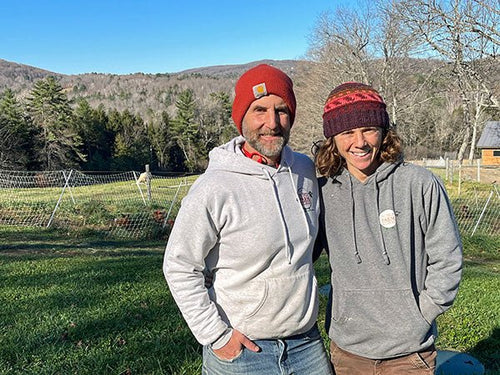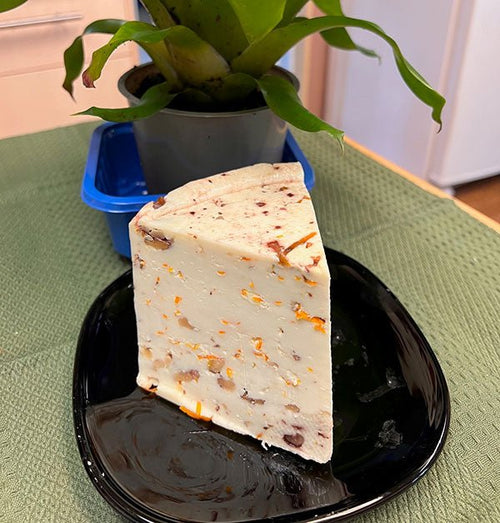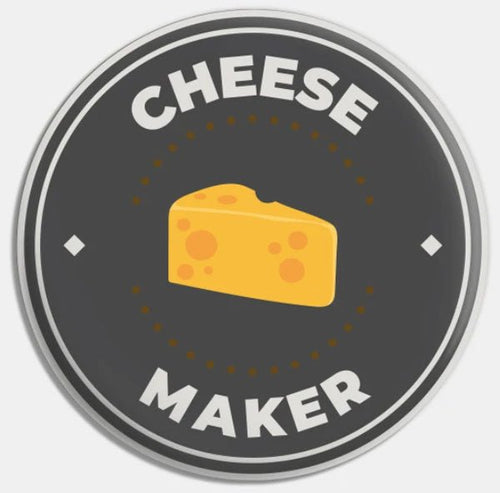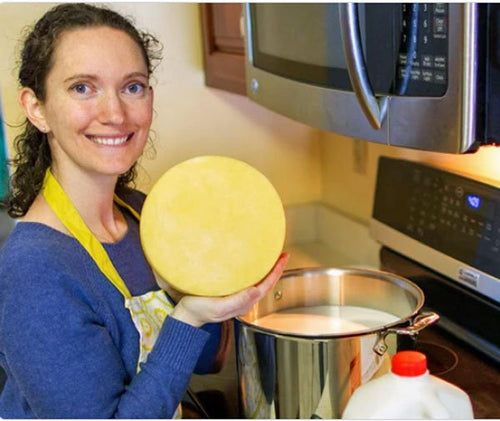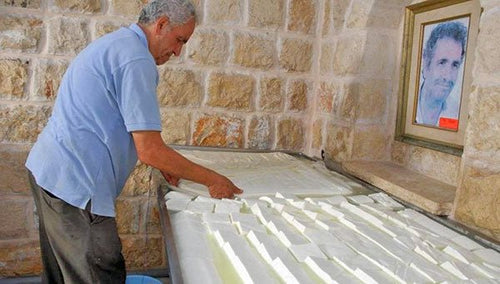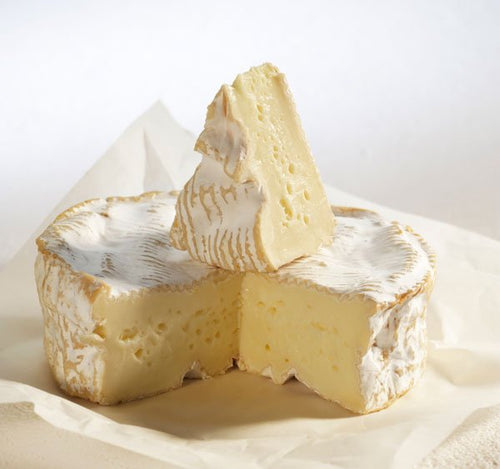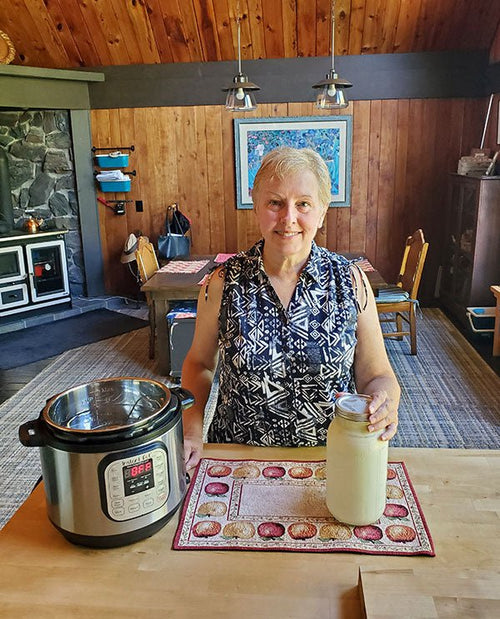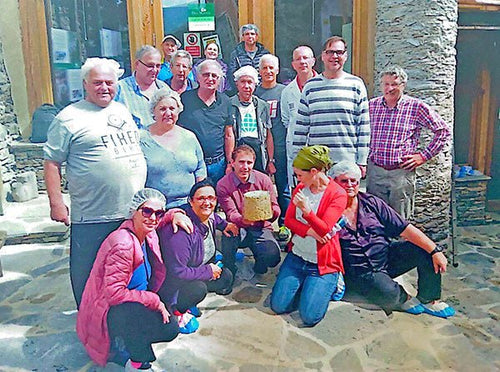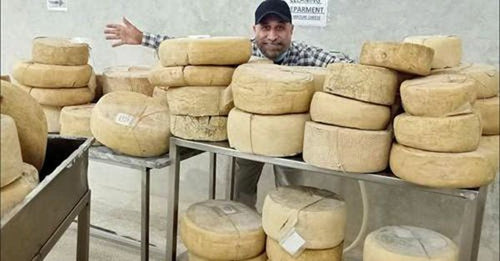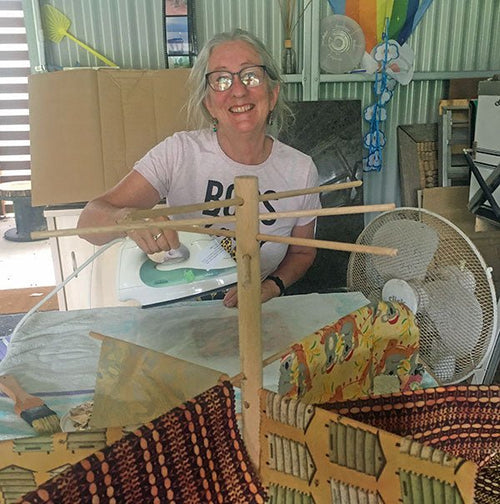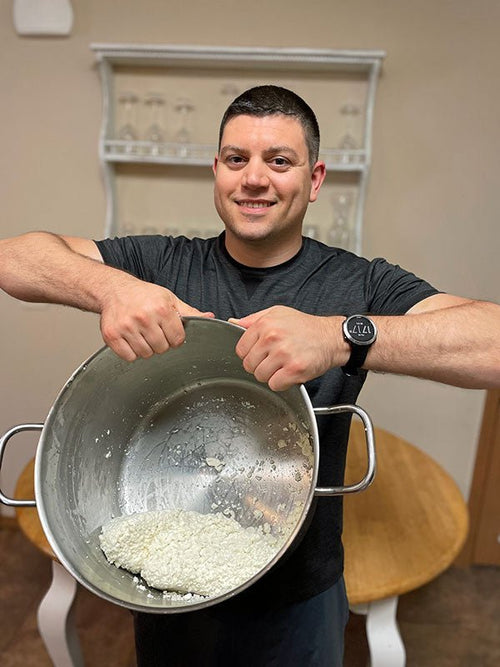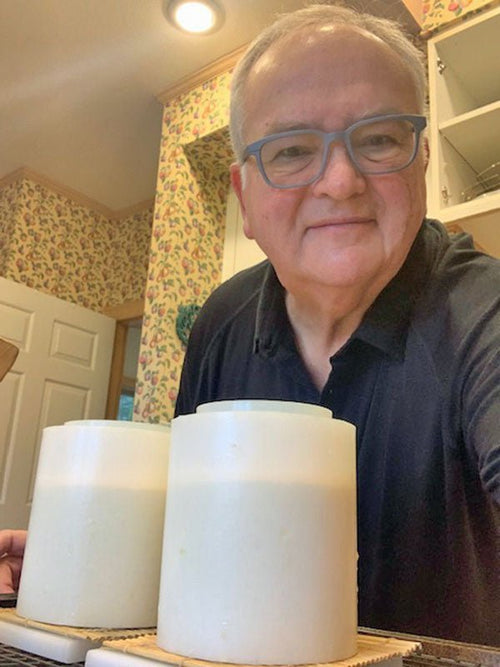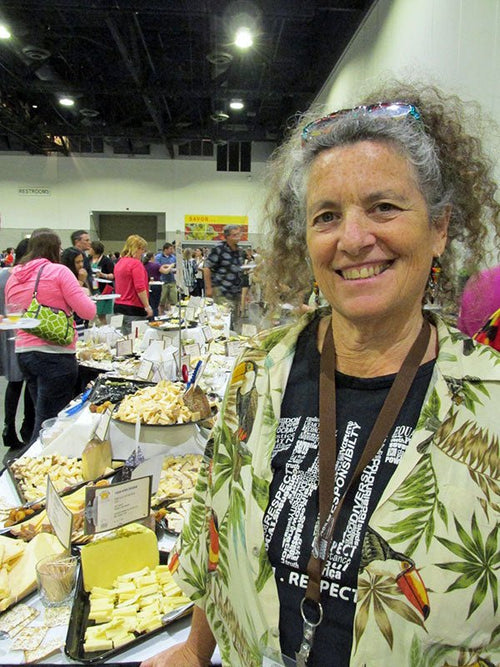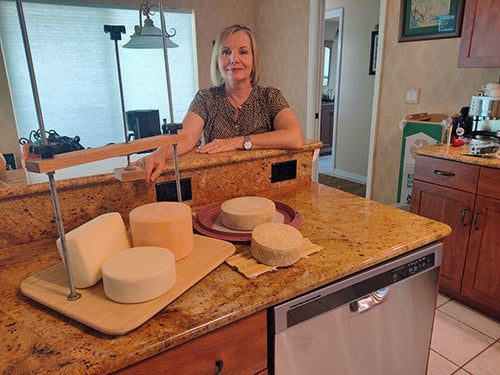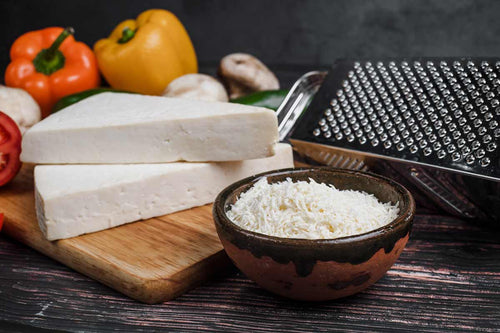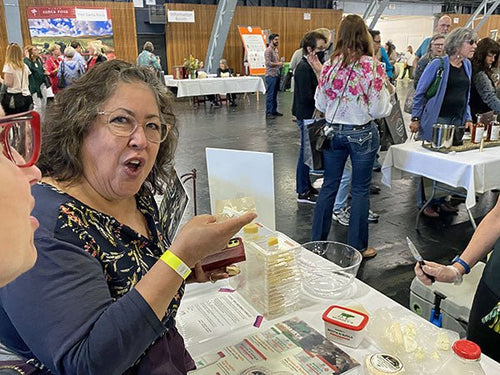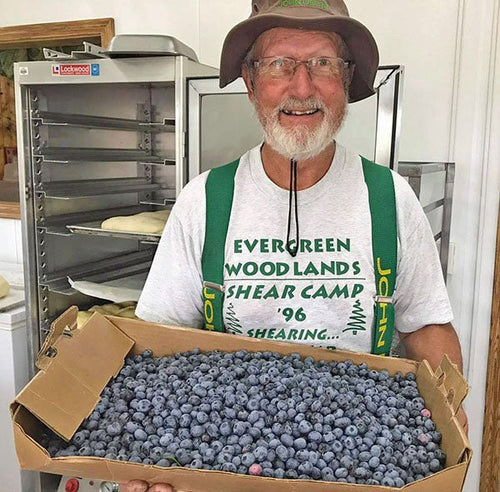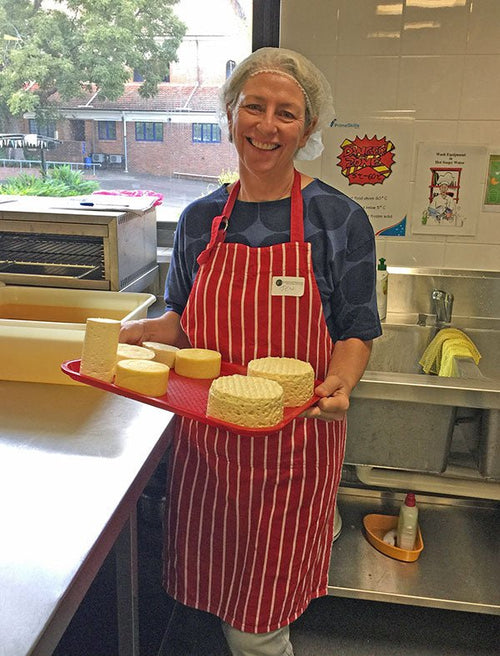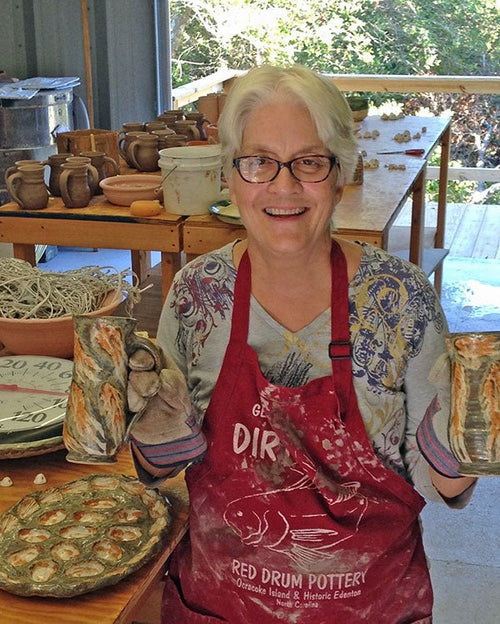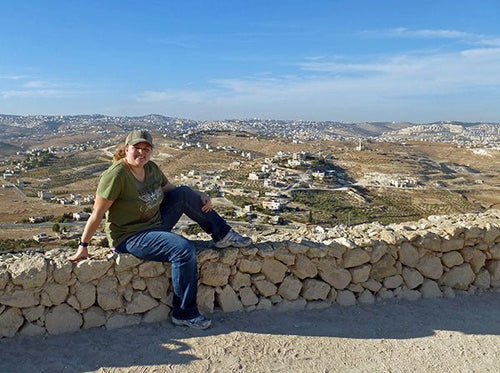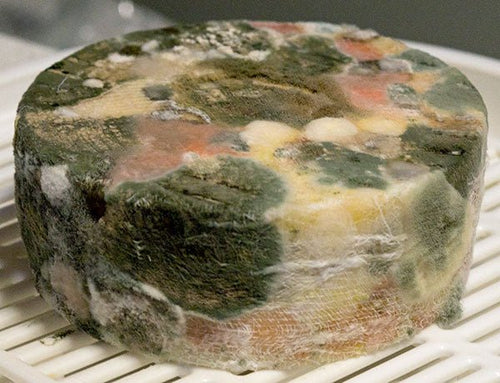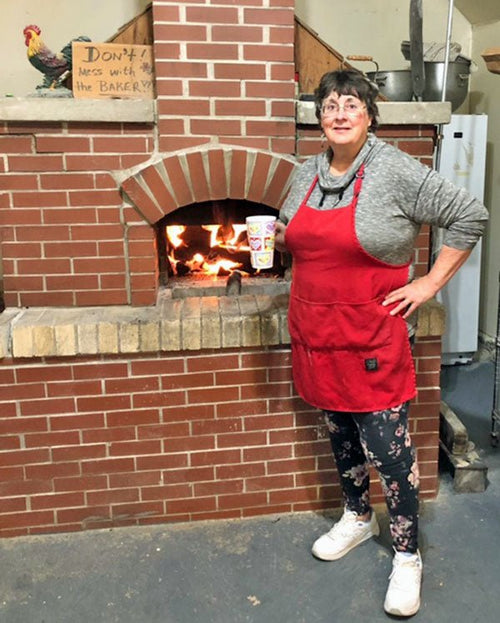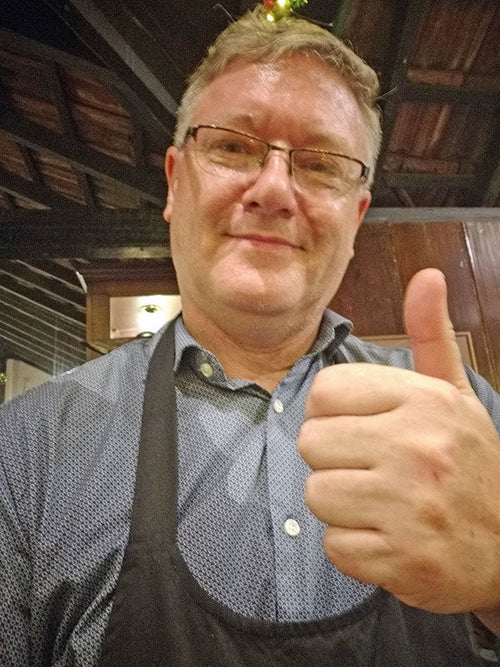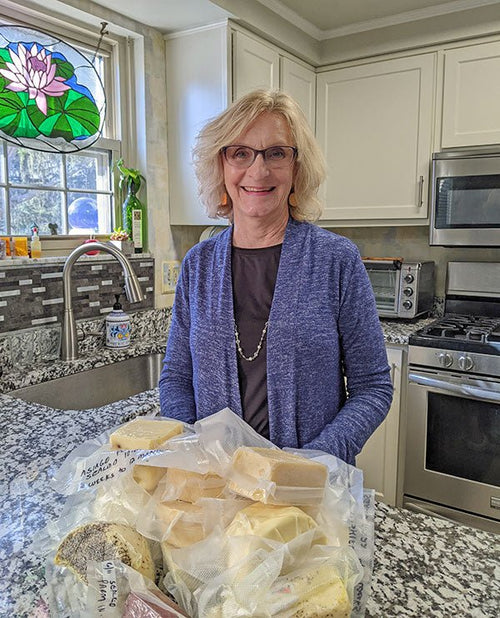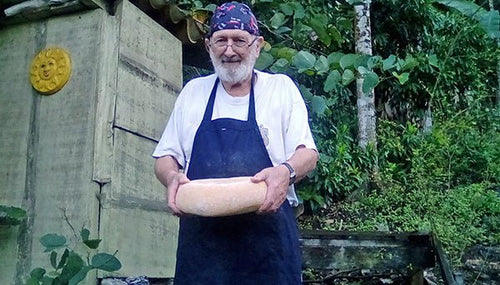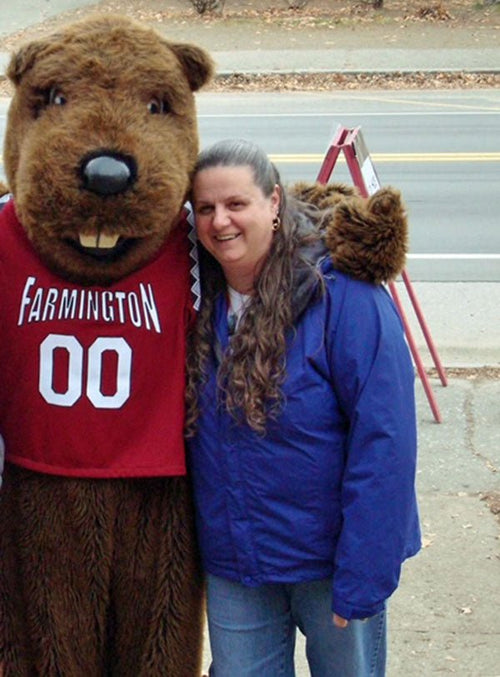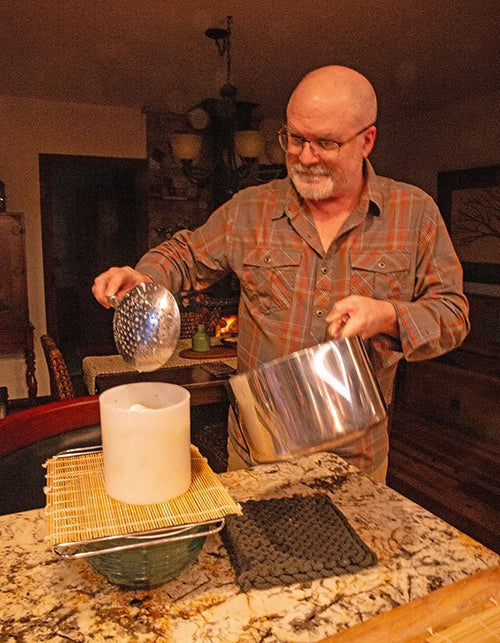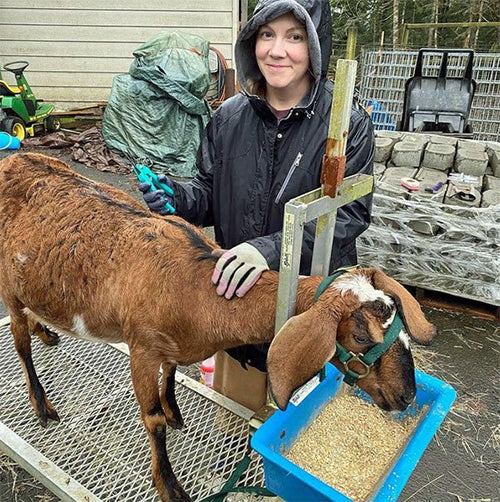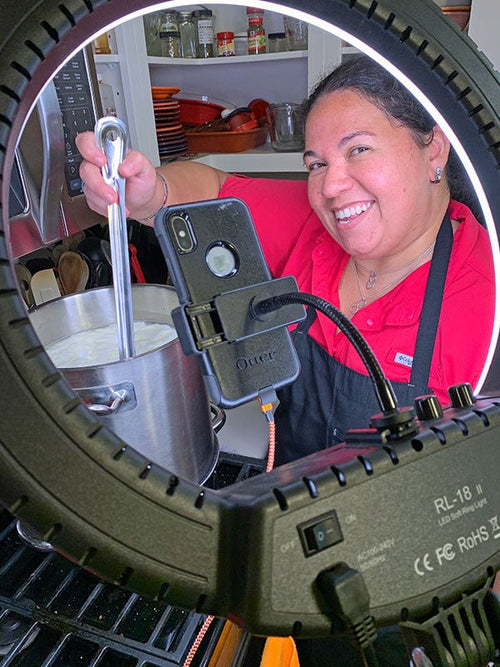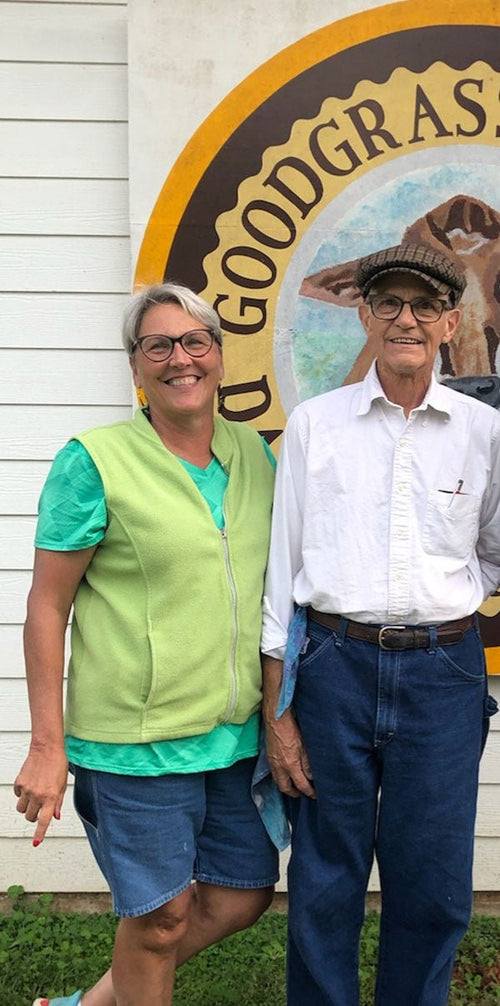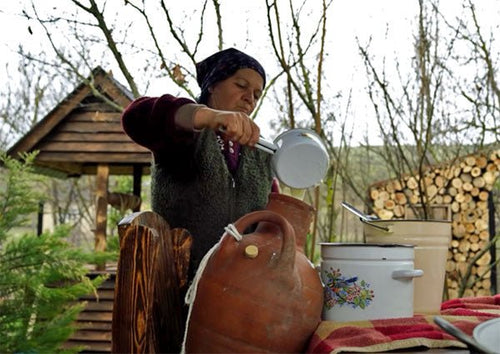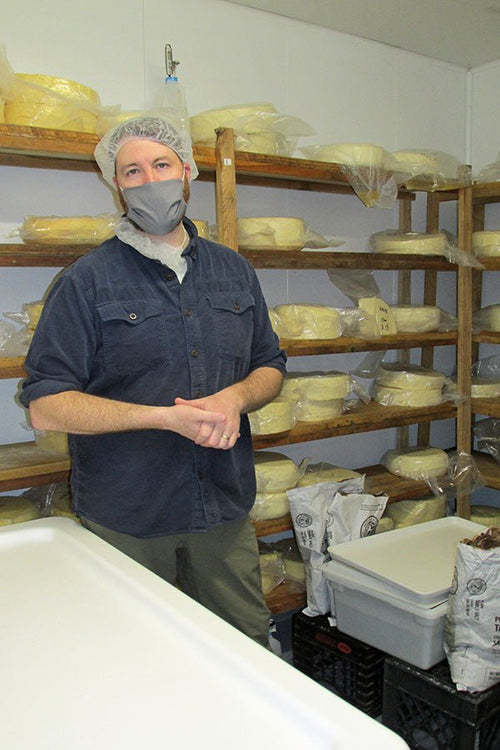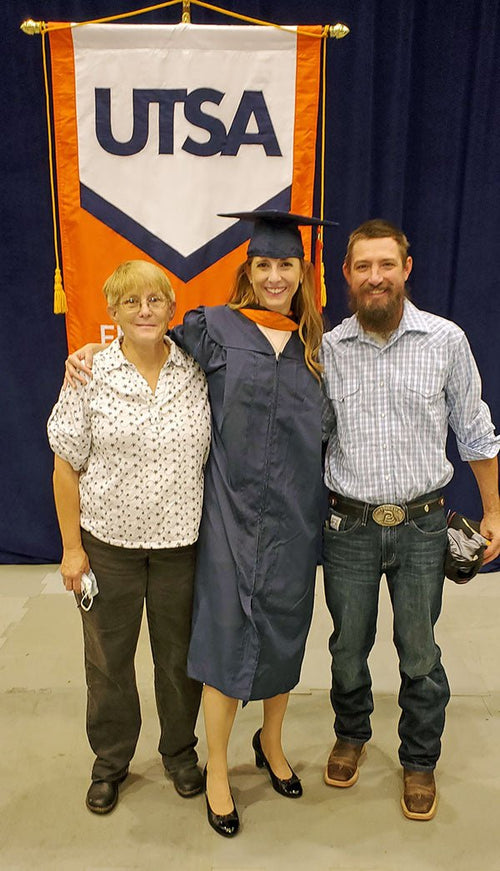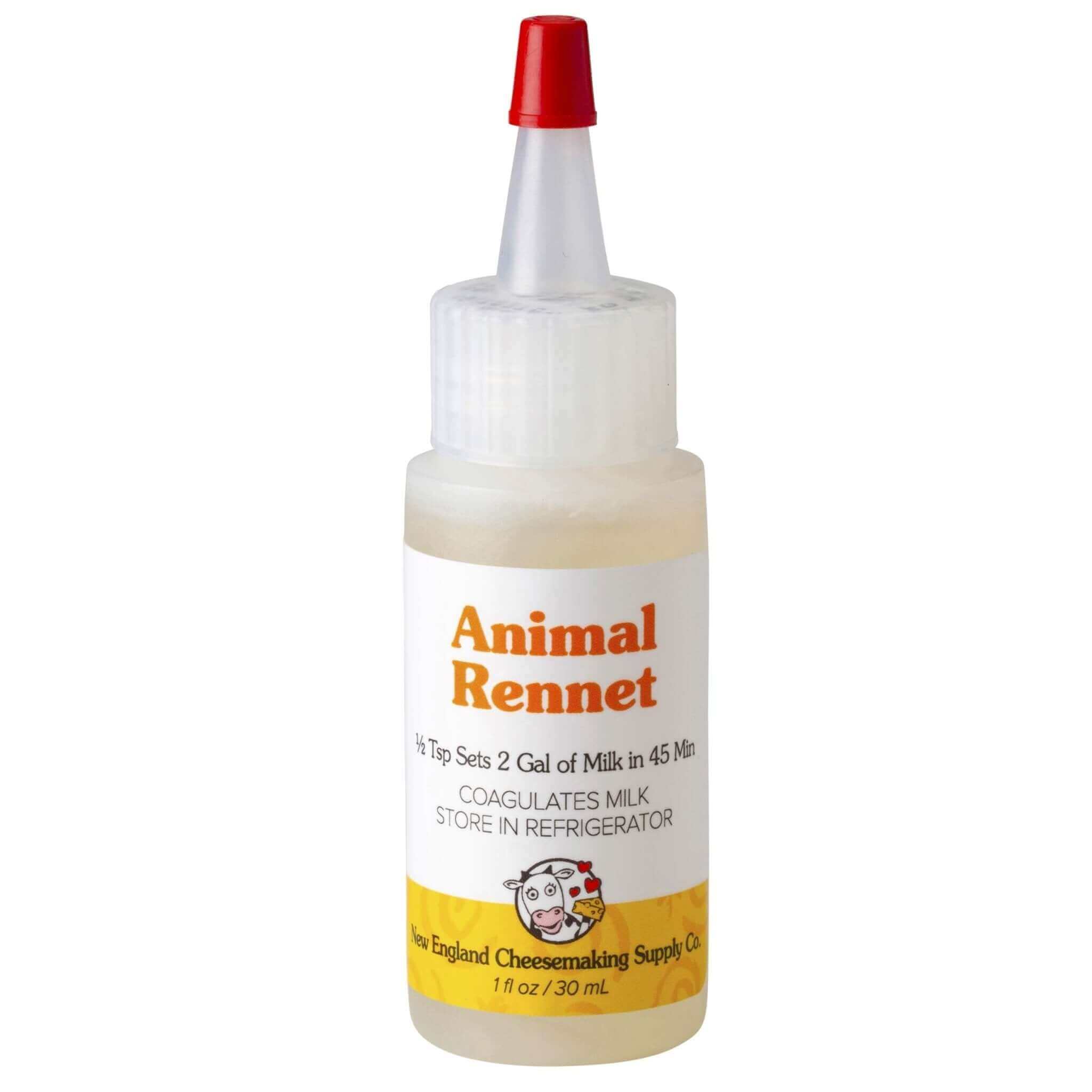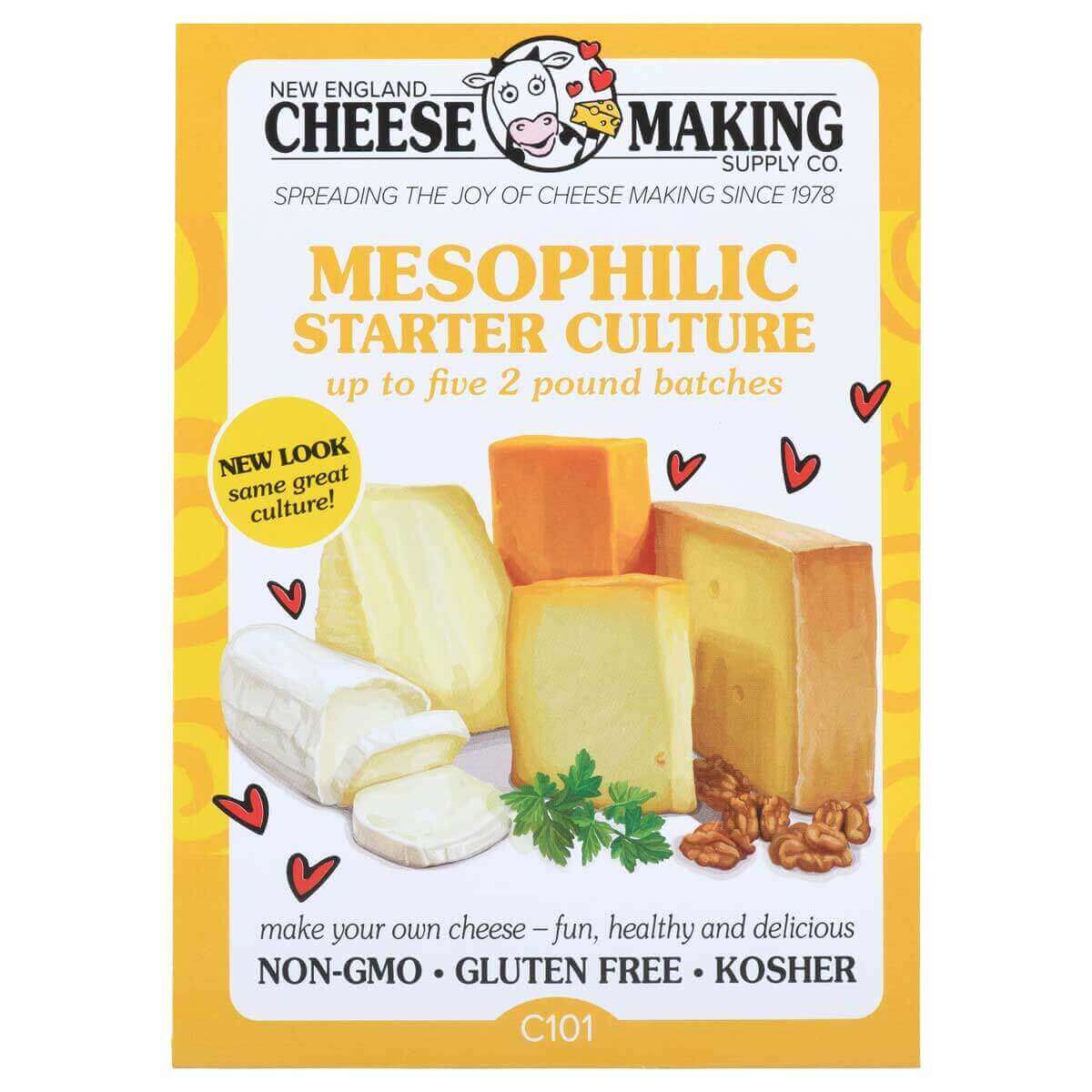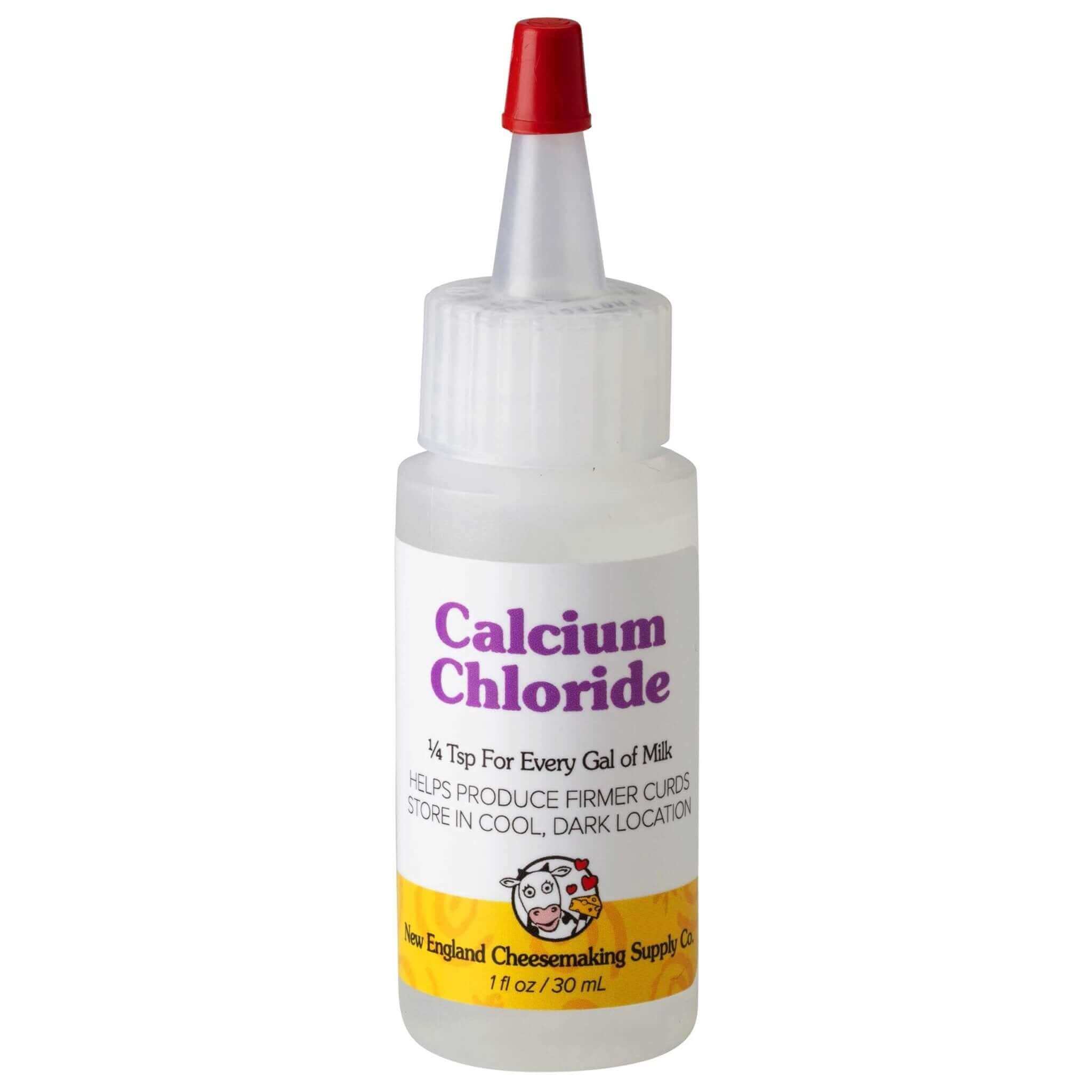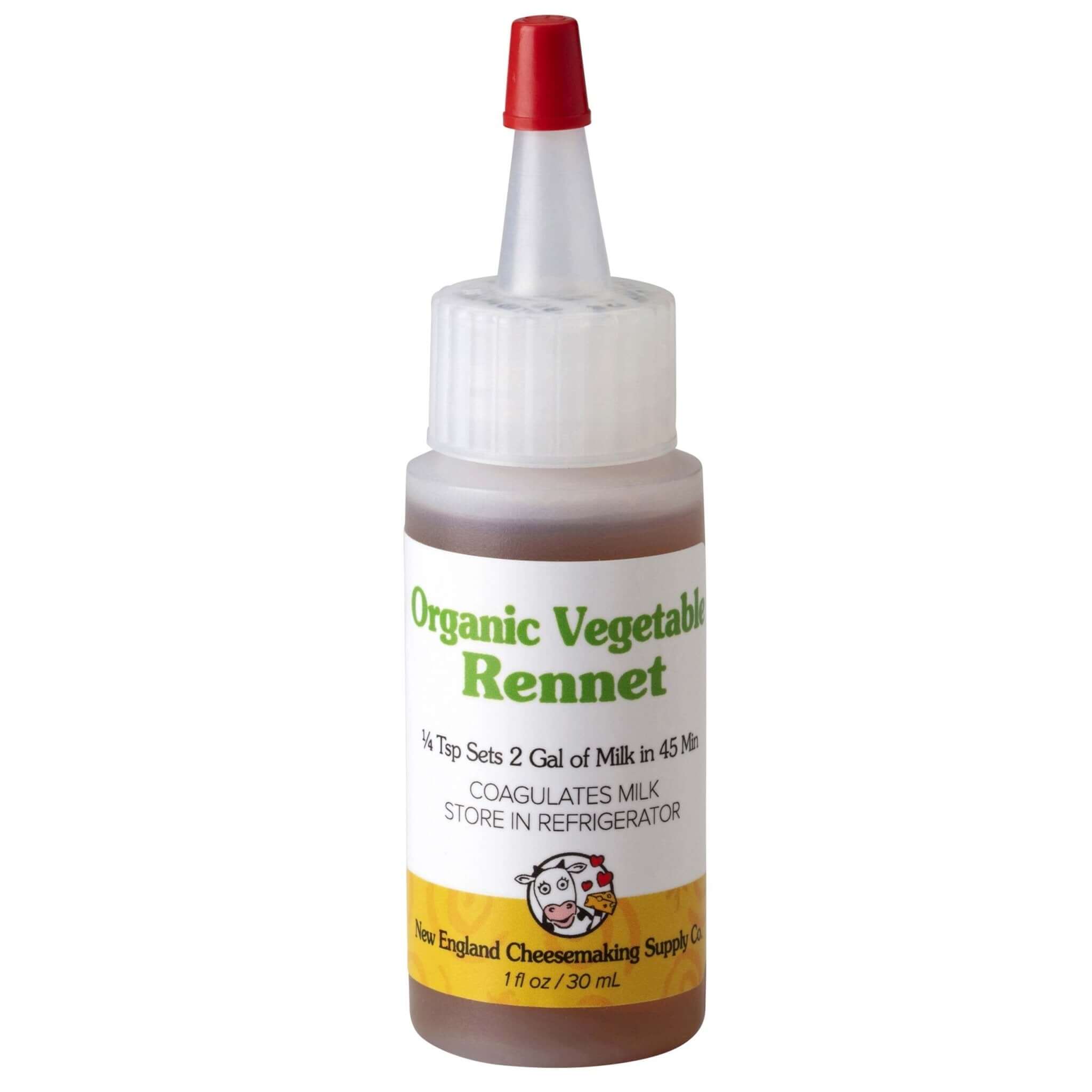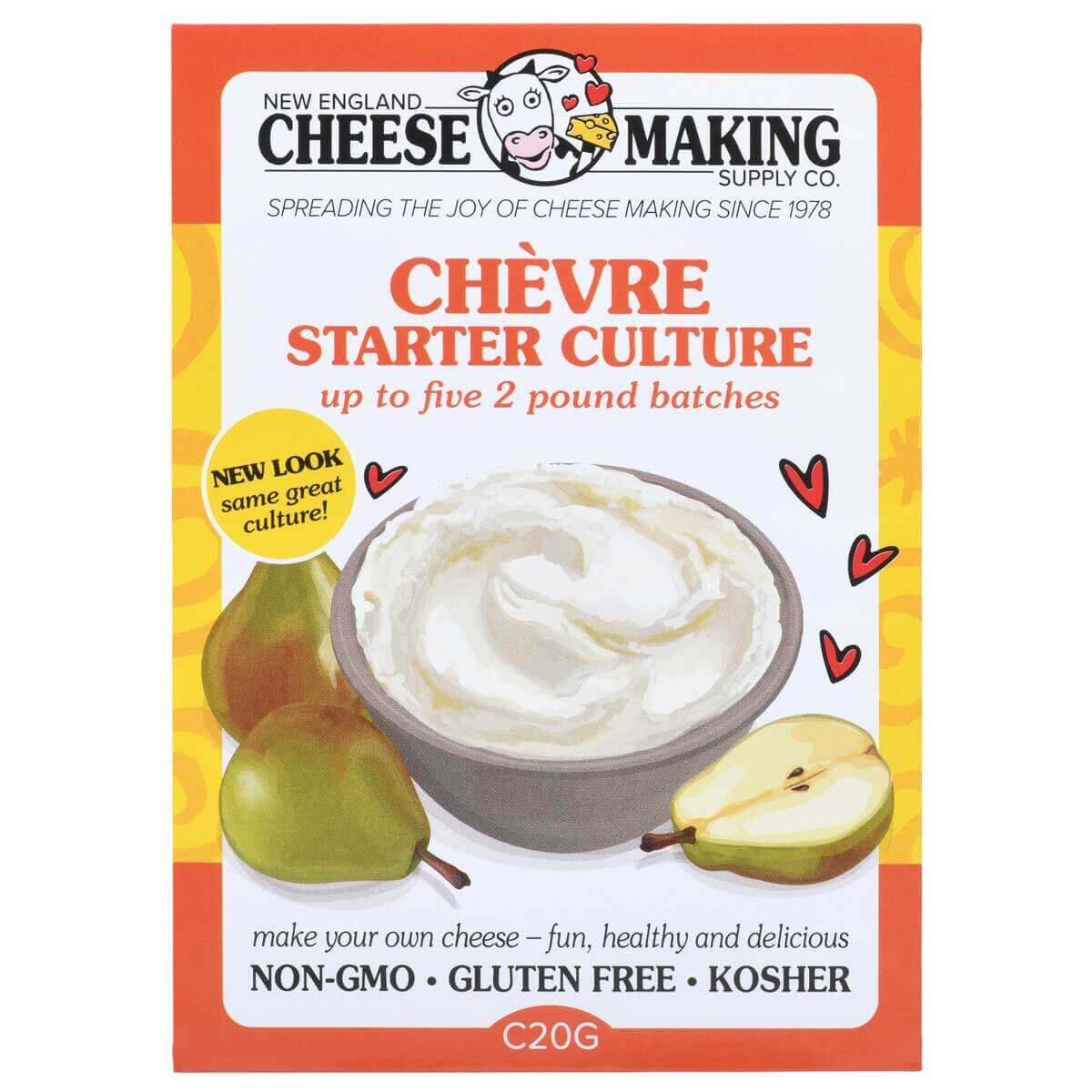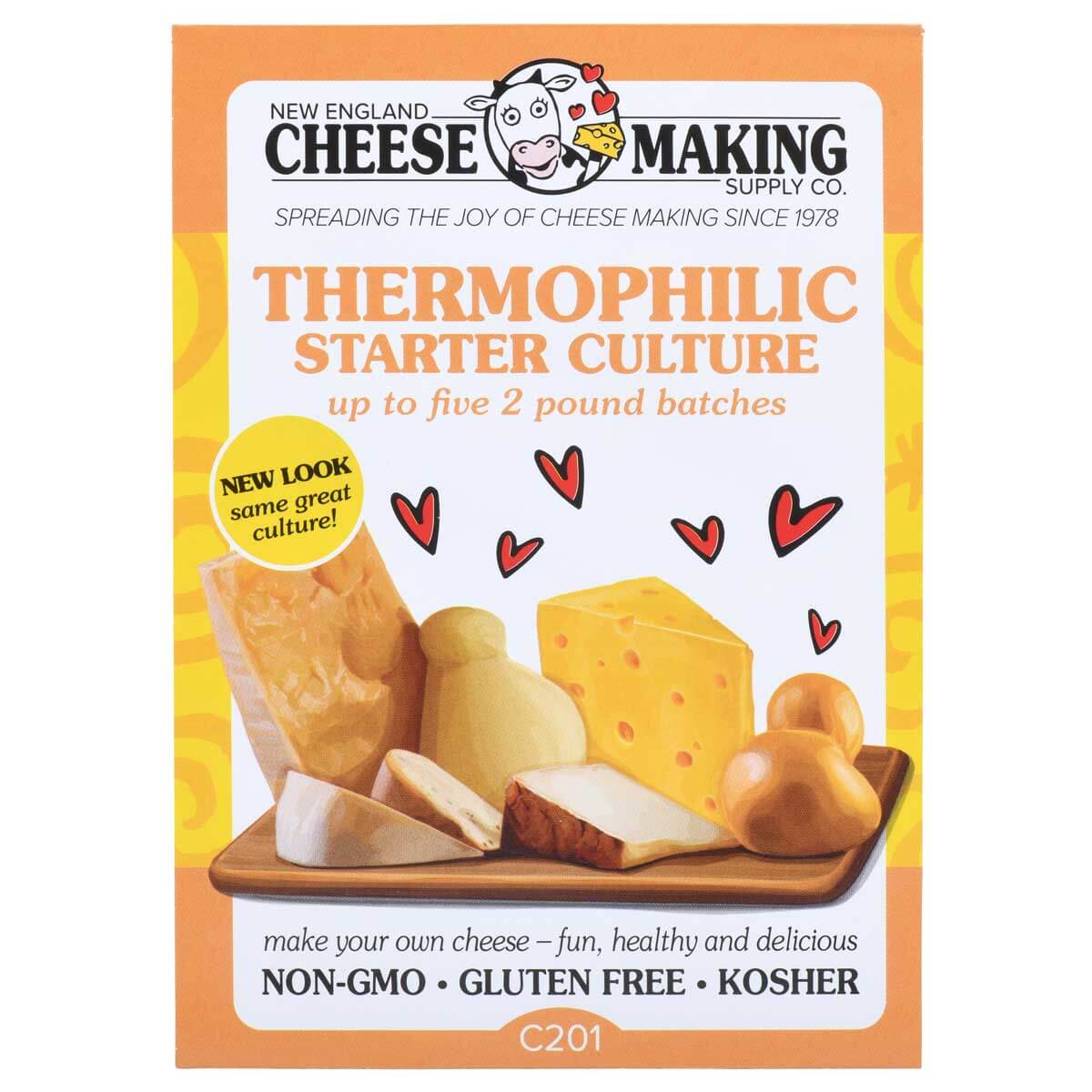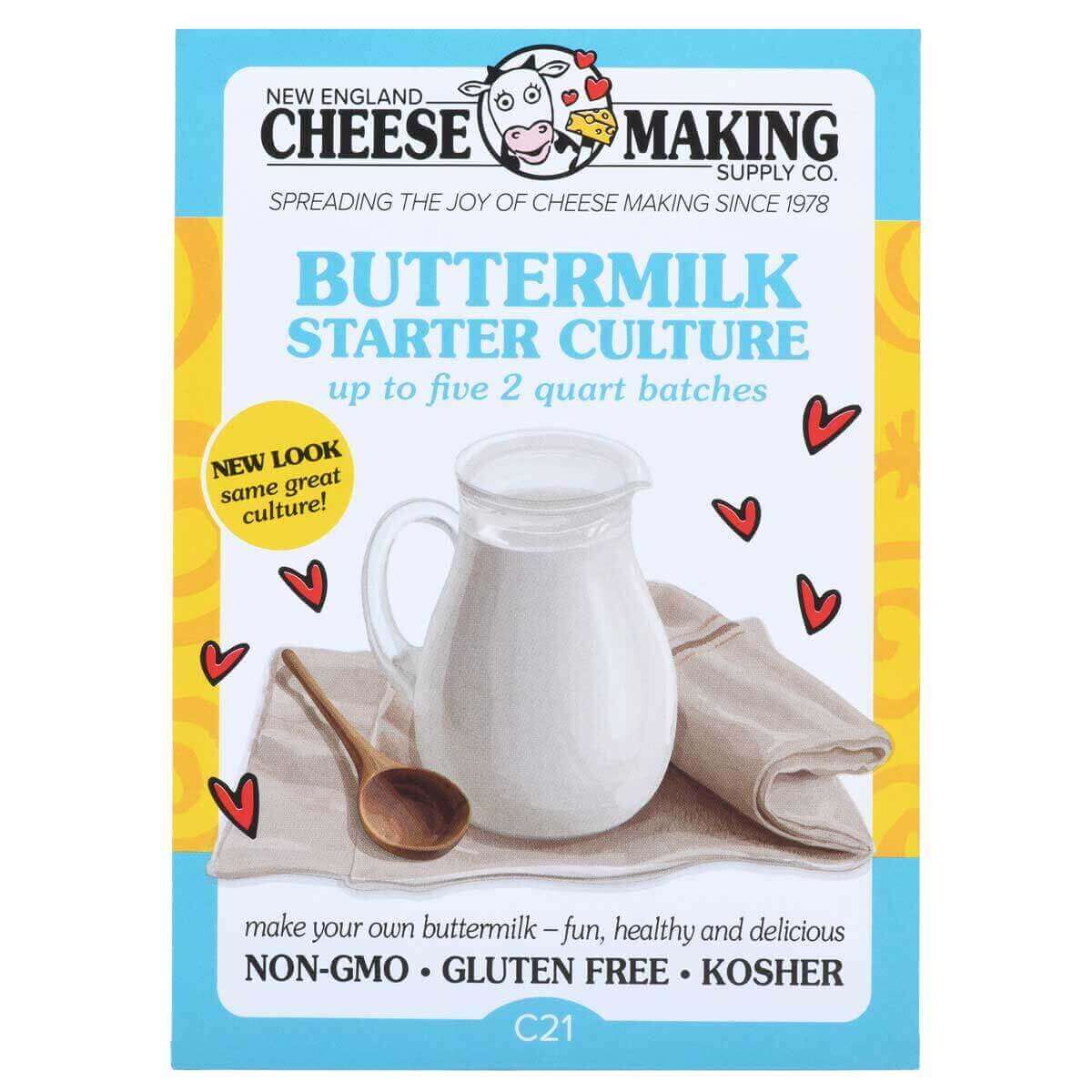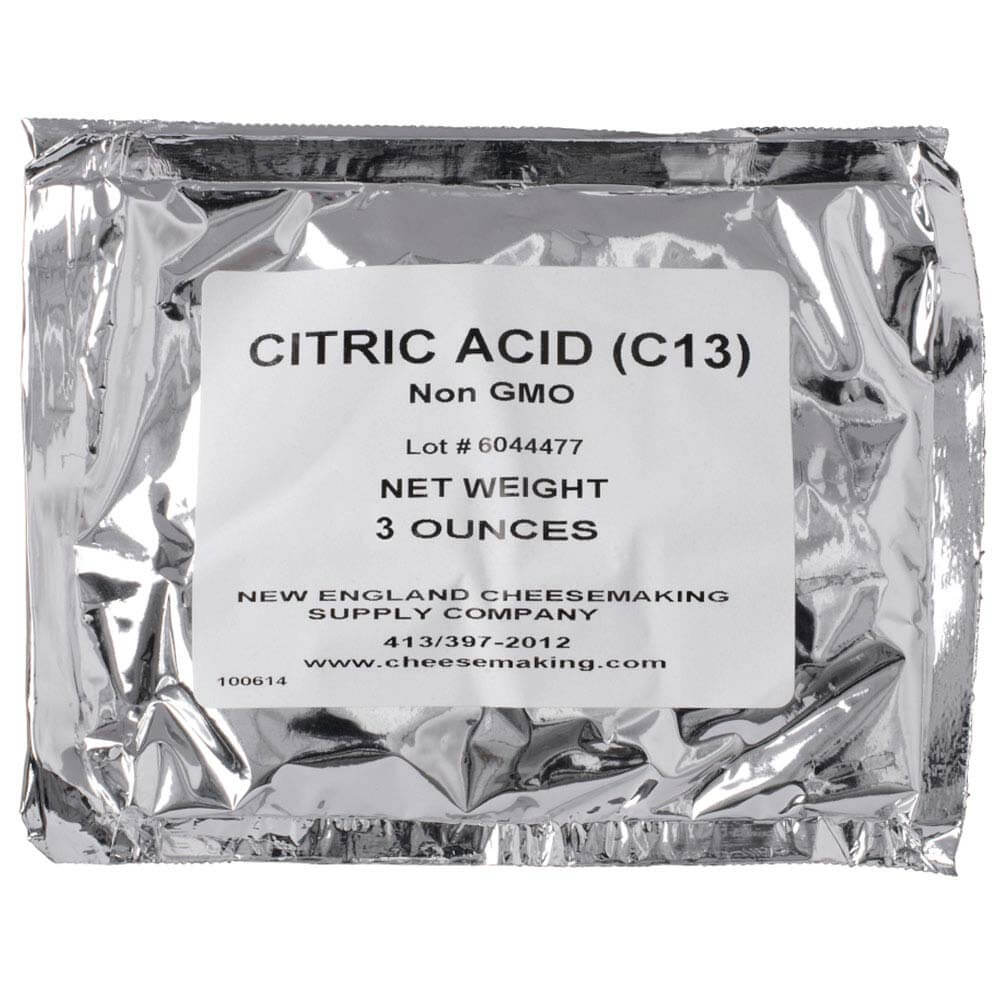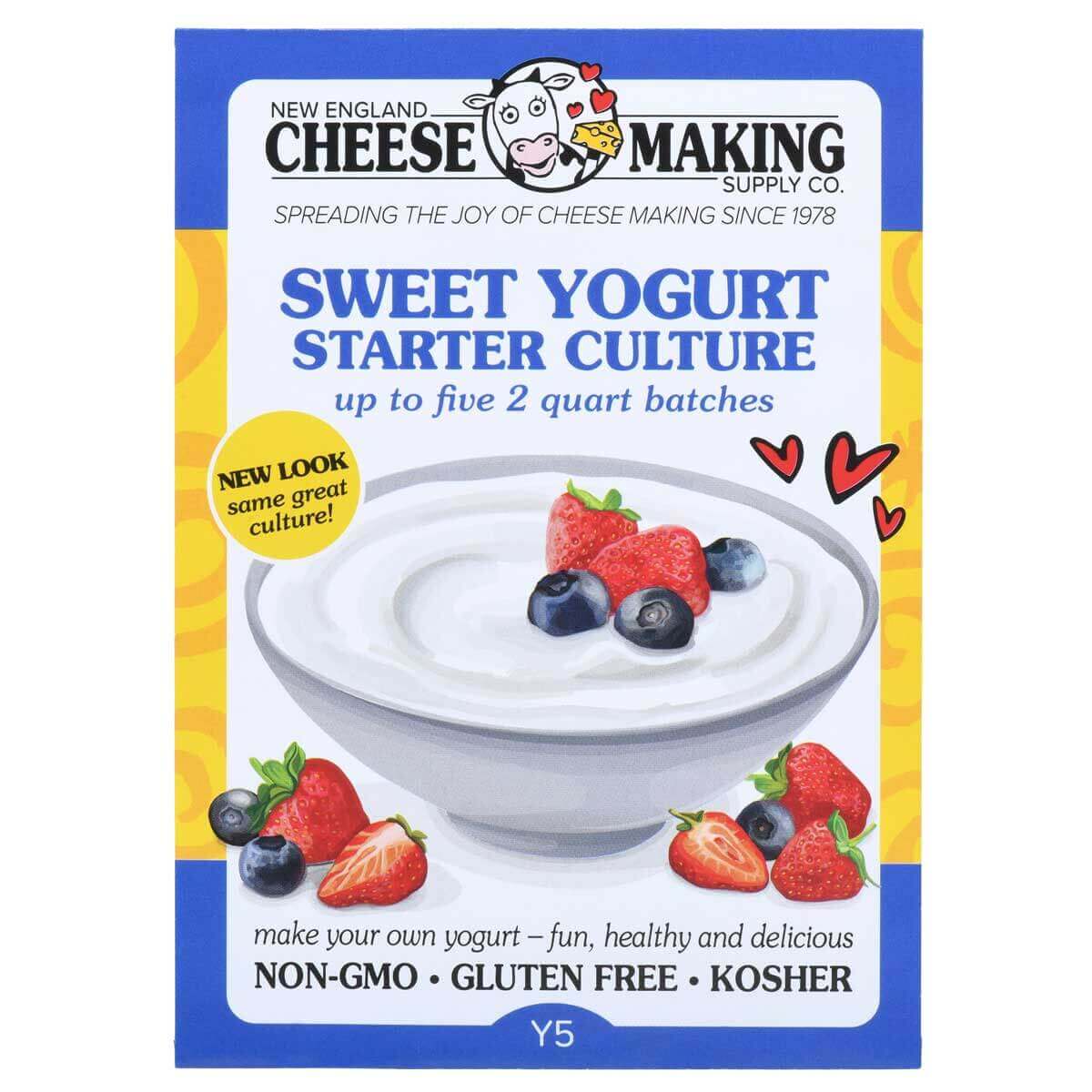
Deb told us these little guys are the reason she moved to Texas. (They’re not required to do farm chores yet.)
It’s always an honor when someone who’s as busy as Deb agrees to do an interview with us. In her case, everything was going smoothly (by email) until she couldn’t get back to us because she and her husband, Steve were digging post holes for a new corral for their cow, Thelma. To our ears, here in New England, that sounds like The Wild West!
Deb’s Story
New Hampshire is actually home, but a lot of the grandkids are here in Texas, and so we moved last summer to what I call “dirt road rural.” It’s what grandparents do. (Secretly, I was hoping for enthusiastic, cheap farm labor, but to date, that has not panned out. Stay tuned).
We were late bloomers to the homesteading movement when Steve retired, in 2016. It started innocently enough, with gardens and some chickens.
Apparently, chickens are a gateway livestock. Fresh eggs are wonderful.
Hmmm … what if we had fresh milk? Next thing you know, you’re getting goats. And if fresh goat milk is great, how great would fresh Jersey milk be? (Think: butter.) You see how this goes …
We did not have enough pasture for a cow in New Hampshire, but here in Texas, that was not a problem.
So, we found ourselves with both dairy goats and our lovely milk cow, Thelma. And of course, you know how it goes – we were overrun with milk.
The old fridge became the “milk fridge” and even that filled up. The situation reached critical mass when there was no more room for hubby’s home brewed beer. Emergency! Something had to be done!
I’m just gonna say here, in all seriousness, that having a dairy animal, and the ability to feed her (something that’s getting harder these days) feels like being immeasurably rich. Milk, yogurt, butter, and now, CHEESE! We are blessed!
And so, forced into action, I looked at a ton of online resources, ordered Ricki’s book (Home Cheese Making), saved my money, and bought a Dutch press and some cultures and jumped in.
I’m still a newbie, and have only started about 10 wheels so far. I just cut into my first cheddar last week.
My husband, master of compliments (and beer) said “it tastes like cheddar.” So far, nobody has died.
I’ve made farmhouse cheddar, jalapeno cheddar, Monterey jack, Colby, and the latest is a Swiss.
I always thought hard, aged cheese would be too difficult and was intimidated to try. I’m finding that, like everything, just getting in there and getting your hands dirty (not a good analogy for cheese making, but you get the idea), you can be successful.
And there is so much good info available both on your website (cheesemaking.com) and other places online. I’m prepared for failure; I’m sure there will be some, but so far, everything has been edible!

Woohoo!!! The Swiss cheese looks and tastes like Swiss!!!! I had some mold growth that just kept coming back in spots, so I cut off the rind and vacuum sealed it. So, it wasn’t perfect but the cheese is really tasty and creamy. And the chickens got the rind … nothing wasted!
It’s the aging part that is actually the trickiest.
Here in Texas, as the weather warms, I’ll be switching to mostly halloumi and chevre, because I don’t have a way to keep cheese at the proper temperature for aging. (No cheese fridge, yet!)
I’ve been able to use a spare room during the winter, but soon it will be too warm. I can freeze halloumi and thaw it when I need it.
My goals:
We try to grow and preserve as much of our own food as possible.
Similarly, I would love to try to supply all of our cheese needs. It’s only the two of us, barring the occasional visit of the grandkids (Those Who Do Not Earn Their Keep by Doing Chores). So, I think it’s achievable.
I am saving for a wine fridge or something we can use for aging.
I’m really loving the whole process of making cheese. It’s sort of like doing magic, only with more washing up afterwards.
Advice for beginners:
I am no person to give advice on cheese making at this early stage. But I’d just say to anyone, “Don’t be afraid to try.”
In the art world, I was told this, “You either get a painting or a lesson.” Both are good and have value. I think it’s the same with cheese making.
Other hobbies:
Does goat wrangling count as a hobby ? Or turkey whispering?
Other hobbies are rug hooking, painting, weaving, and messing around on the fiddle and banjo. (Not ready for prime time!) The goats get serenaded on occasion and they’re very judgemental. Lol.



